American Football ·
California ·
Football ·
Personal Trainer ·
Personal Training ·
Rio Hall ·
Soccer ·
Trinidad & Tobago ·
INTERVIEW: Rio Hall's journey from Trini Soccer Player to Cali-based Elite Personal Trainer
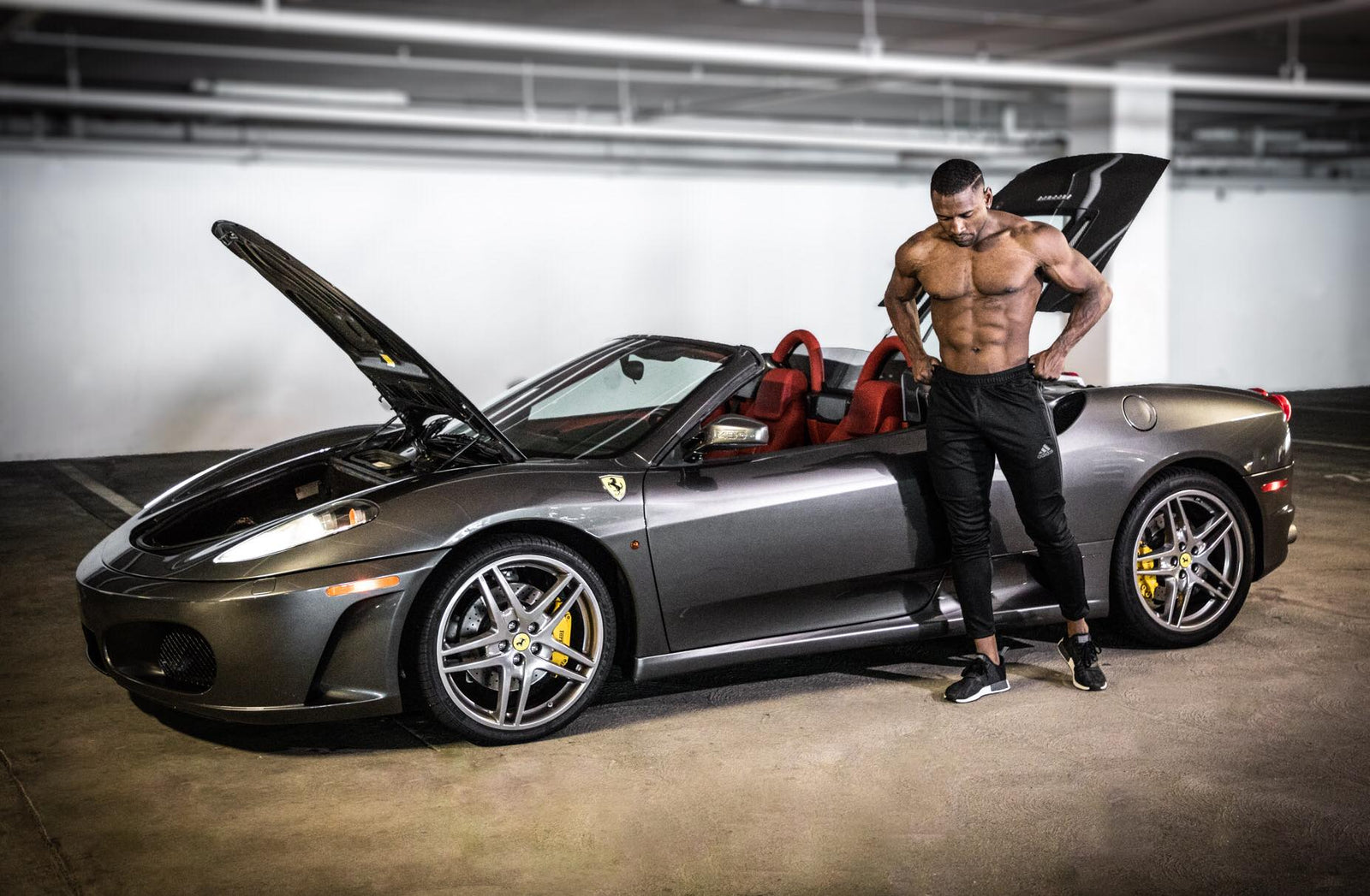

PASSION
1) Rio, you're a Cali guy living the self-proclaimed "American Dream" as a Personal Trainer, which is a long way from the teenage Trinbagonian who originally moved to Iowa on a soccer scholarship over a decade ago. Tell us what brought you to the US in the first place?
I played soccer for most of my High School tenure and while I was never the best player on the team, I'd say I was above average and definitely one of the hardest workers both on and off the field. After what I thought was a career-ending injury just before my senior year, I made a personal resolve to recover from a broken leg and come back faster, stronger, fitter and tactically better than I was before, which lead to a university team trial and me eventually securing a full athletic scholarship from Iowa Wesleyan University the following year.
2) Quite a physical (and we imagine mental) turnaround you made there and in a pretty short time too. With an opportunity to study abroad suddenly available to you, what were the next steps for you as they relate to your academic and sporting career at the time?
To be honest, it all happened pretty quickly. At first I was focusing on just being able to walk and run again as I did before, which my doctors told me I wouldn't be able to. Then from the time I was able to, my focus shifted to playing competitive soccer again, which soon lead to the trial and the scholarship. In less than two years I had made a full recovery and before I knew it, I was leaving Trinidad at age 18 to play soccer for a college I never heard of until a few months before, in a State I had never been to, to study Kinesiology.


3) For a lot of student-athletes, the dream is to go pro, and only fall back on a 'regular' job if their sporting career doesn't pan out. In your case however, you never had any intention to play soccer beyond college. Why was that?
As happy as I was to continue playing soccer, my goal was never to become a professional player. I wanted to avail myself to tertiary education at a foreign university but didn't want my parents to pay for it. Not that they wouldn't have been willing or able to, it was just important to me to make my own way, which I did at 18, and have been doing ever since. Also, I've always been passionate about helping people, and after going through my own injury and seeing first-hand how debilitating a physical ailment can be, I thought I'd be better able to help others as a medical professional than an athlete. That's also the reason why I chose to specialize in Physical Therapy after completing my degree.
PURPOSE
4) A selfless choice, but also a slightly confusing one! 'Cause now we're trying to figure out how a promising soccer player from Trinidad & Tobago, went to Iowa to study Physical Therapy, only to end up in California doing neither of those things. What happened exactly?
I'd always been a bit of a fitness buff, and enjoyed training myself and others while I was in college. After I graduated, I stopped playing soccer, and so the gym replaced the field as my second home and passion. At this time, I was also considering my post-grad life, and felt that if I stayed in Iowa, I'd probably never leave. So, at the casual suggestion of a close friend who lived in Cali and was also an avid lifter, I decided to pack up and move to the West Coast and start afresh.
5) Moving to a new state, with little money, experience or connections to pursue an entirely new career is a pretty bold move. How did you muster the courage to do that?
When I look back on it, I think my initial move from Trinidad to the US taught me to embrace new challenges and not be afraid to step outside my comfort zone. So when it came to making the move to California, I basically thought that if I could leave my family and friends as a teenager to start a new life in a different country, then it couldn't be any harder to move to a different state in my mid-20s and start over again. Also, operating as a physical therapist in a hospital or rehabilitation centre wasn't as gratifying as I hoped for, since I was very far removed from the human element of the job. By contrast, personal training would give me the practical, interpersonal experience I desired in my quest to help people.

6) What were those first few years in California like? We understand you were not only pursuing personal training at this time but also a career as a men's physique competitor. How did you juggle both?
Those first years were some of the hardest I've ever worked in my entire life. I would literally clock 18 hours a day and just be able to squeeze in 5-6 hours sleep at best, day in and day out. During this time I had an extremely singular focus on my career and didn't allow much or any time at all for what I considered to be unnecessary distractions. It didn't make for the best work-life balance, but it was the only way I'd have been able to achieve rapid growth in a short space of time. While it was really difficult training people full time and adhering to a very strict bodybuilding regime, in a way the two complemented each other, as they each helped me develop the discipline to excel at both.
7) During this time you moved around quite a bit, working at different gyms, fitness studios, and fight clubs. What did your experiences at each teach you about yourself and where you ultimately wanted to be?
I really enjoy the start-up phase of a business and building it from the ground up. It's a lot like bodybuilding in that it requires daily attention and consistent repetition of effort to achieve real progress, which doesn't come overnight. However, unlike bodybuilding where the same core principles can be applied in a progressive overload fashion to keep getting results, businesses don't always follow such a linear path, and there tends to be a divergence from the original tried and true process at some point. When you're not the owner, it's difficult to contest these changes in direction, and I found myself on more than one occasion in dis-alignment with the path and vision I had for the company I was working for, and that which the owner had for it.
PROGRESS
8) It seems you're now at a point though where all that hard work and job-hopping has paid off, and you've found a place where not only your talent and experience are handsomely rewarded, but your professional opinion is highly regarded also.
I have, and it's been exactly what I've been working towards all these years, without intentionally going after it. I've never been one to actively seek out opportunities, but rather, have them come to me as a result of my efforts. That's pretty much what's happened over the last 2-3 years, and now instead of 18 hours a day, I can work 18 hours a week.


9) And is that what you'd consider progress and living the 'American Dream'?
The American Dream pretty much just speaks to the possibility of anyone from anywhere being able to make it in the USA once they put their mind to it. That's it in a nutshell really, and being a Trinidadian who uprooted himself not just once but twice, and through sheer determination and effort has been able to make it this far, I daresay I am a living example of that dream. I saw opportunity and turned what was just a possibility into a reality.
10) What's next for Rio Hall?
Every year I set goals for myself, and right now I have a few targets and progress markers which include the acquisition of another luxury car and accumulating a seven figure net worth, all in the next 5 years or less. But these are all just tangible rewards and assets that shouldn't overshadow the far more important and intangible asset of all which is the mindset required to achieve them. I might already be living the American Dream but don't sleep on me, I'm still as addicted as to progress as I was before.




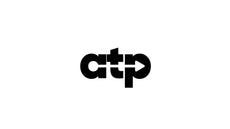


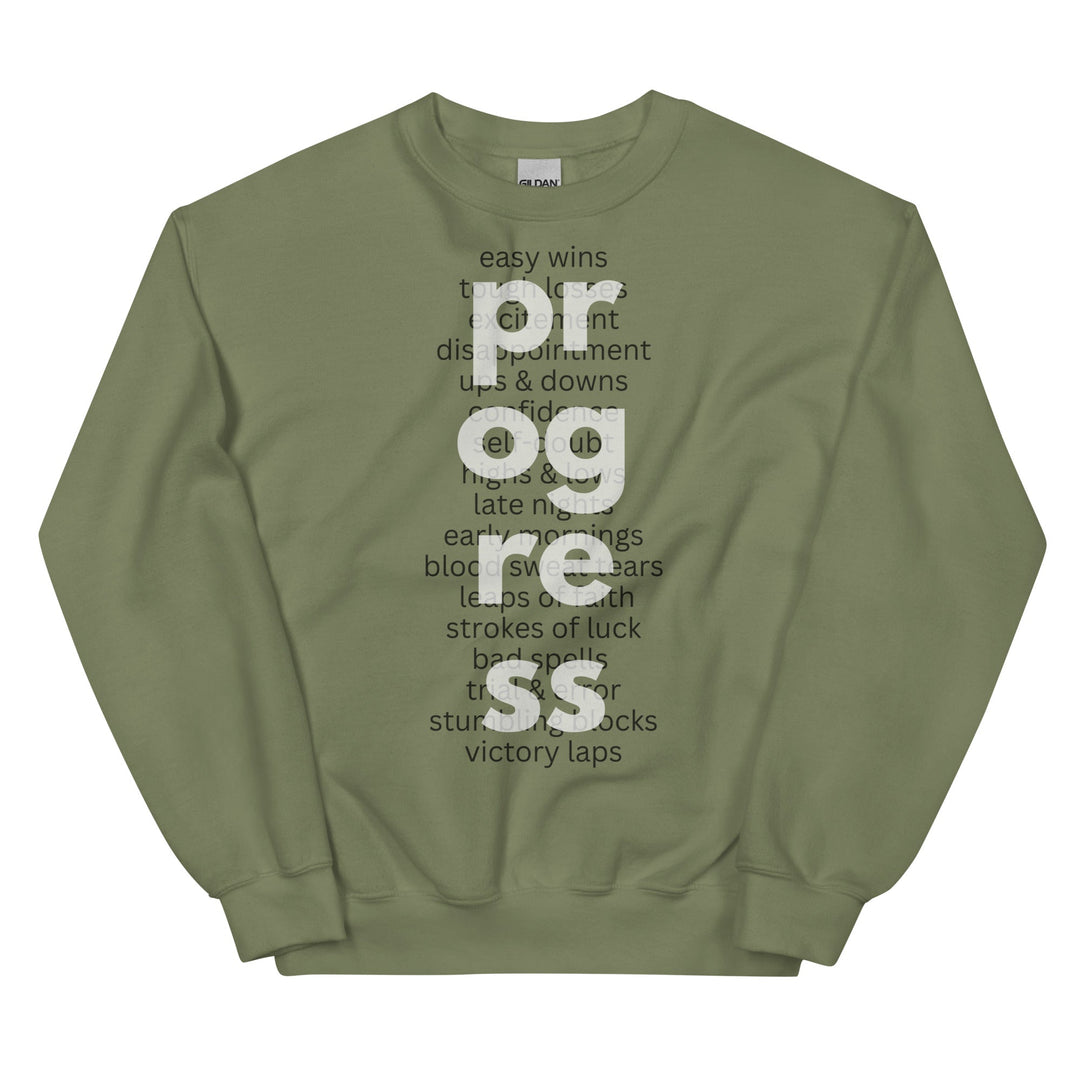
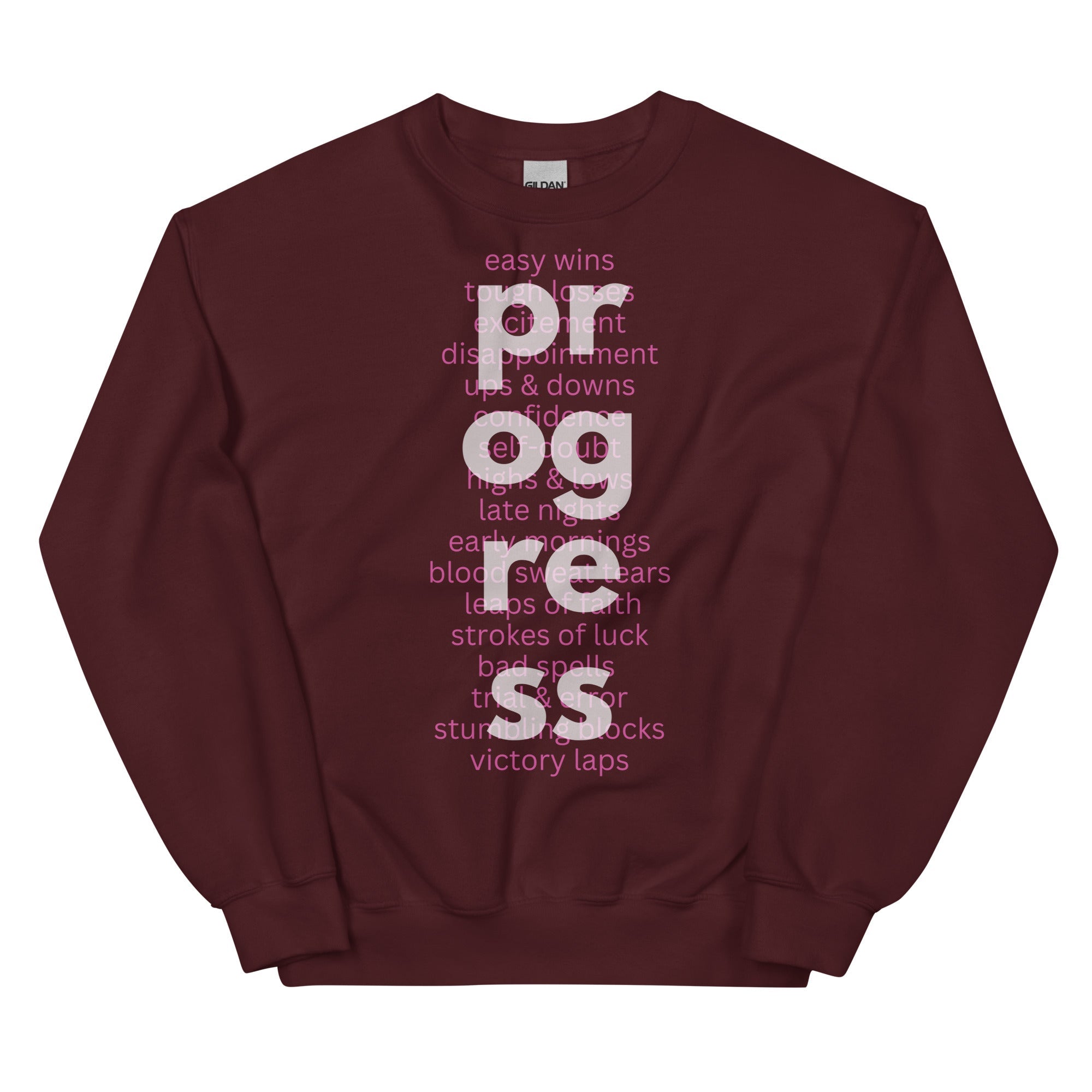
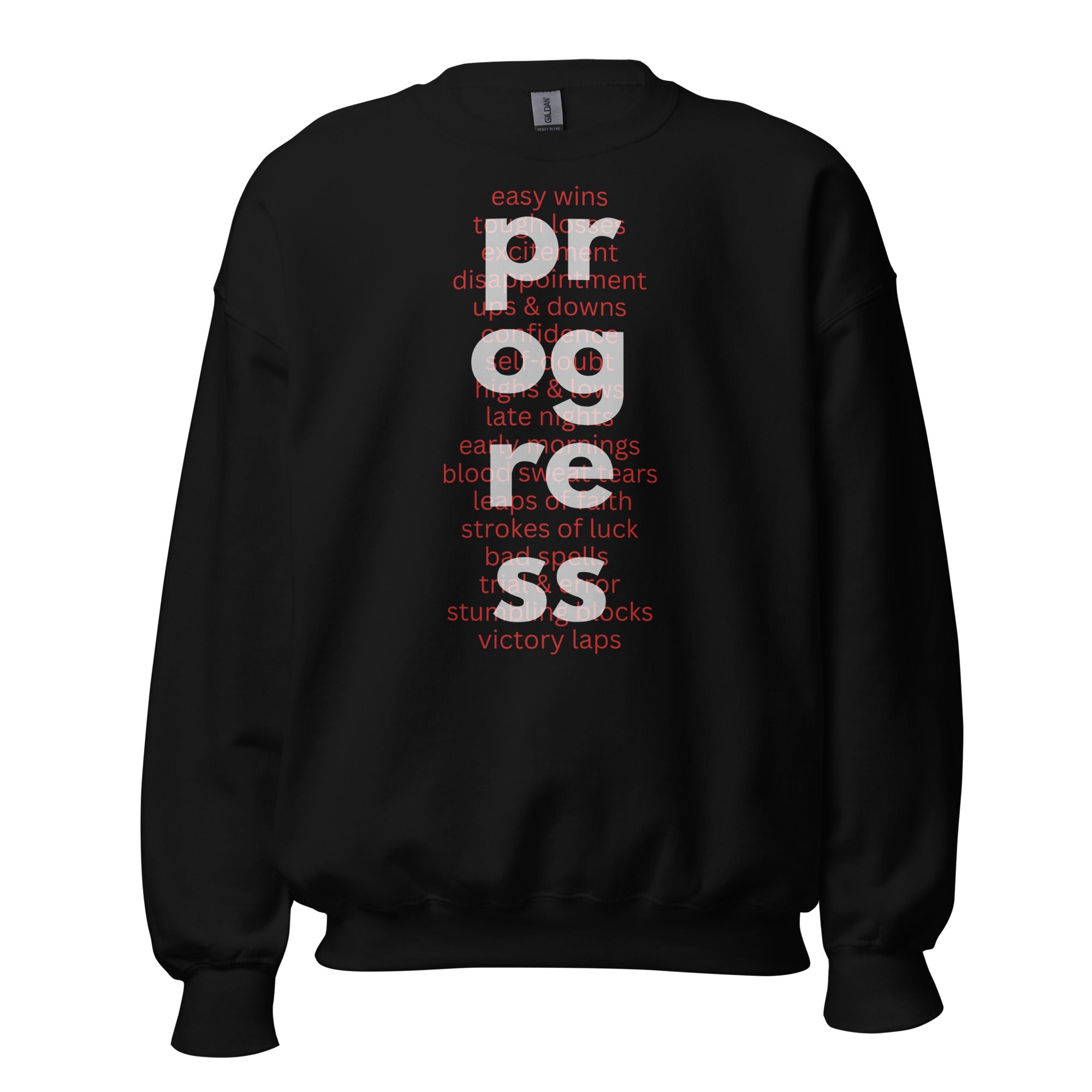
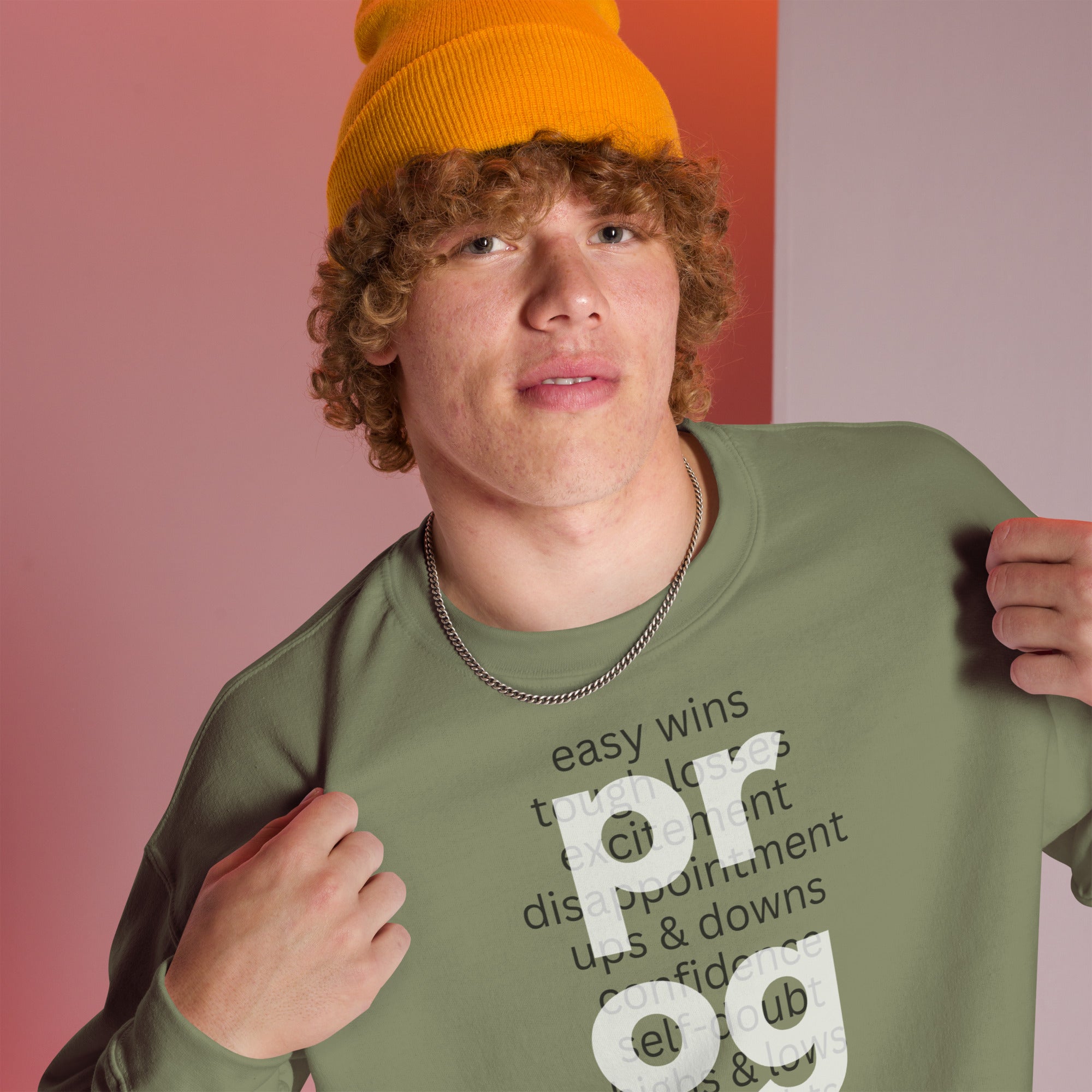
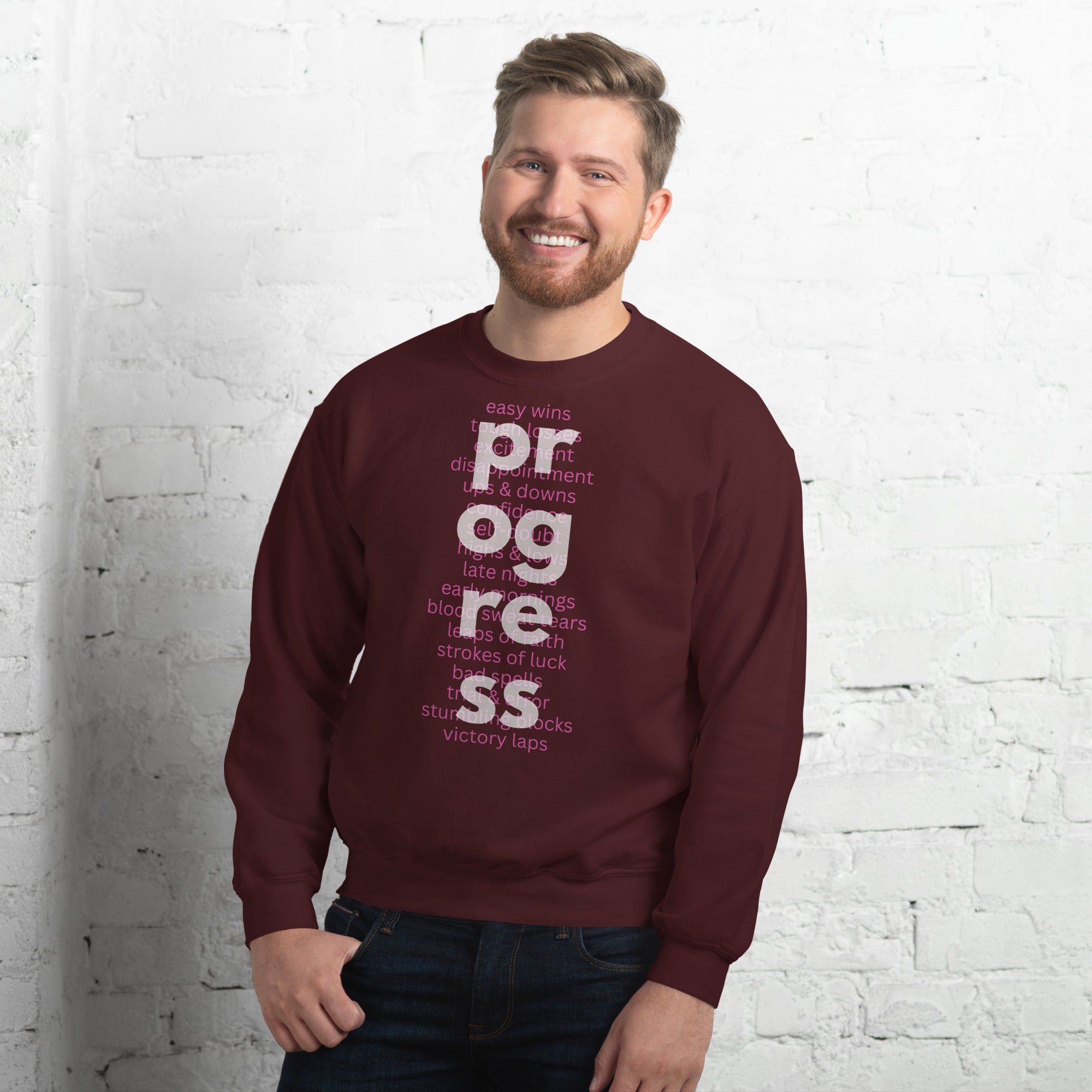
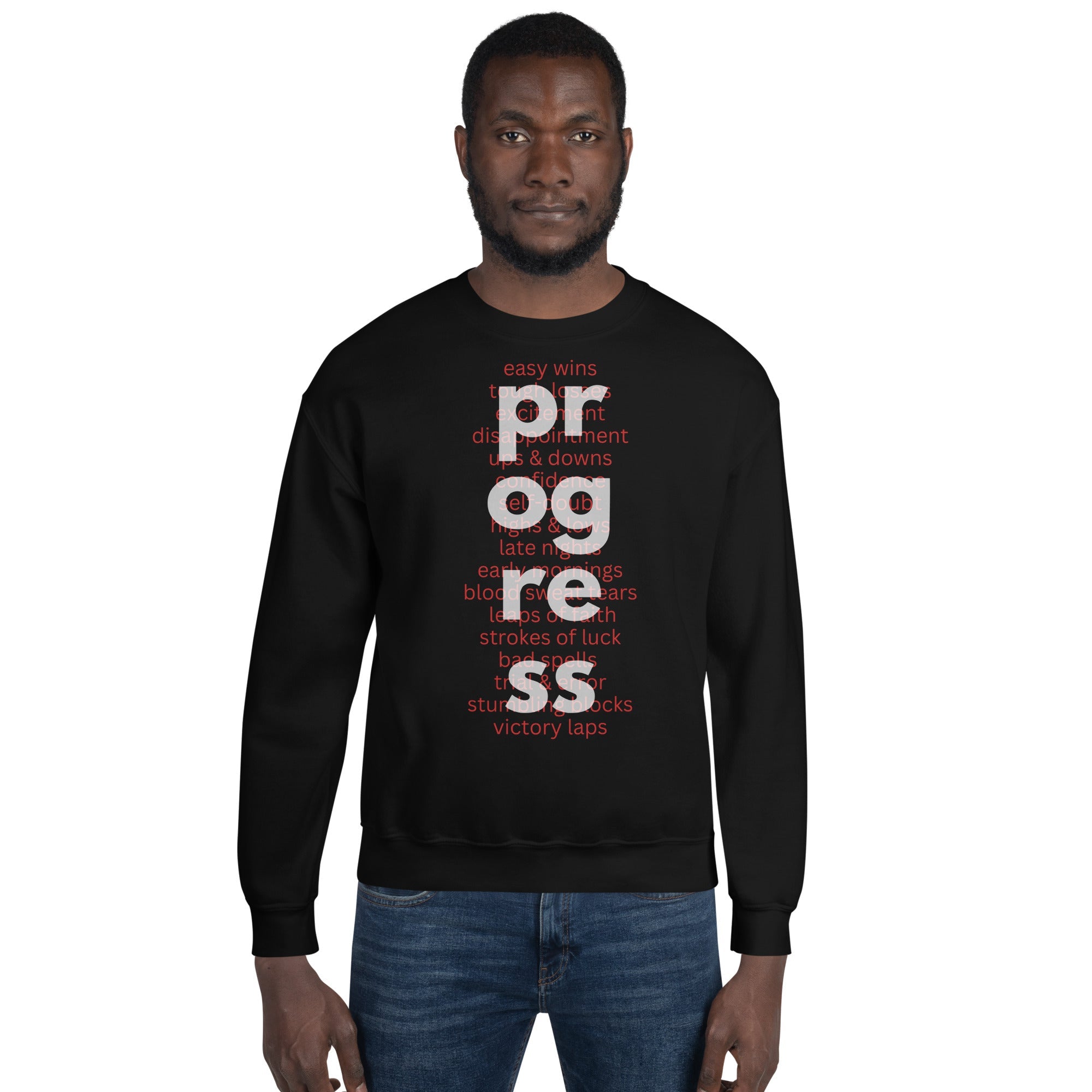
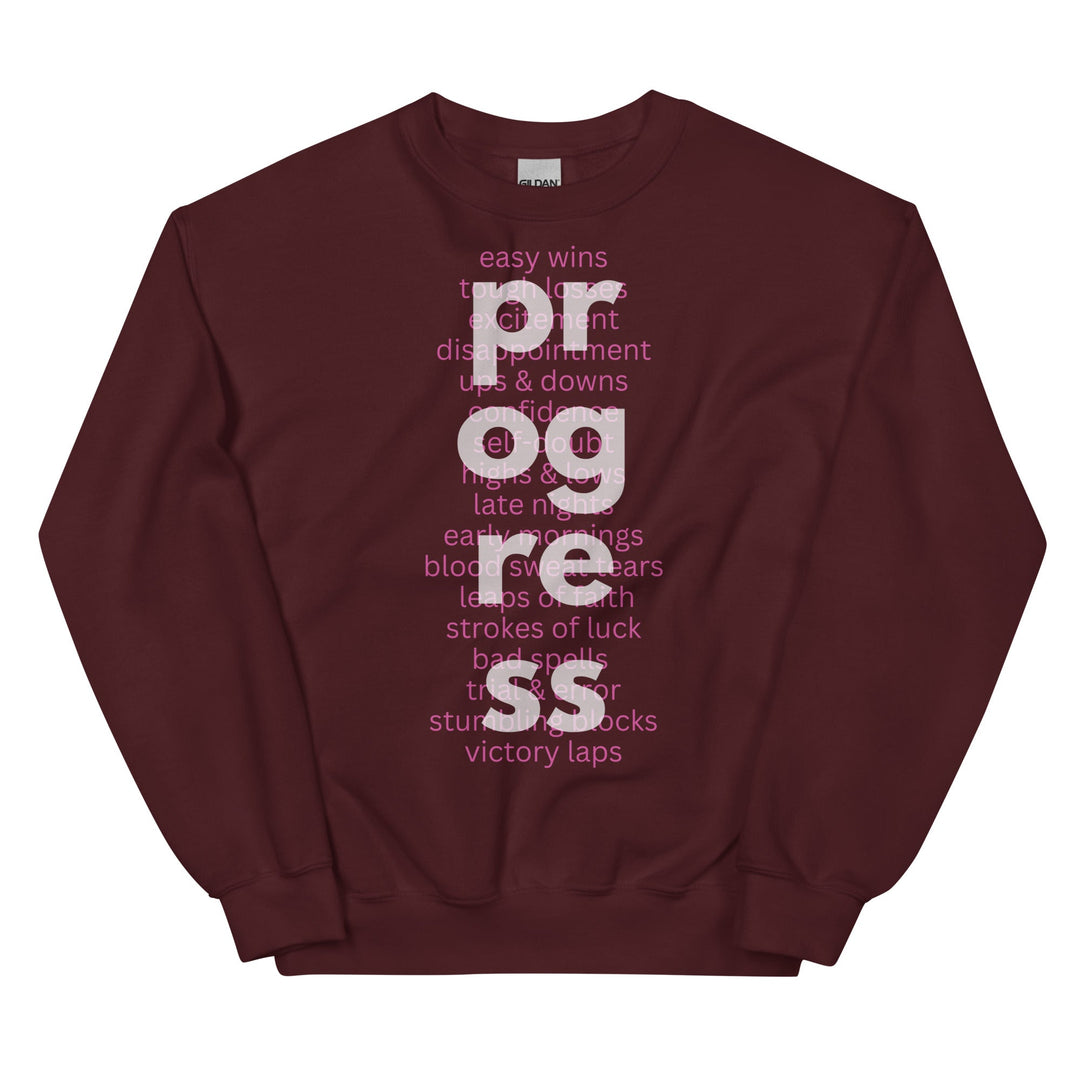
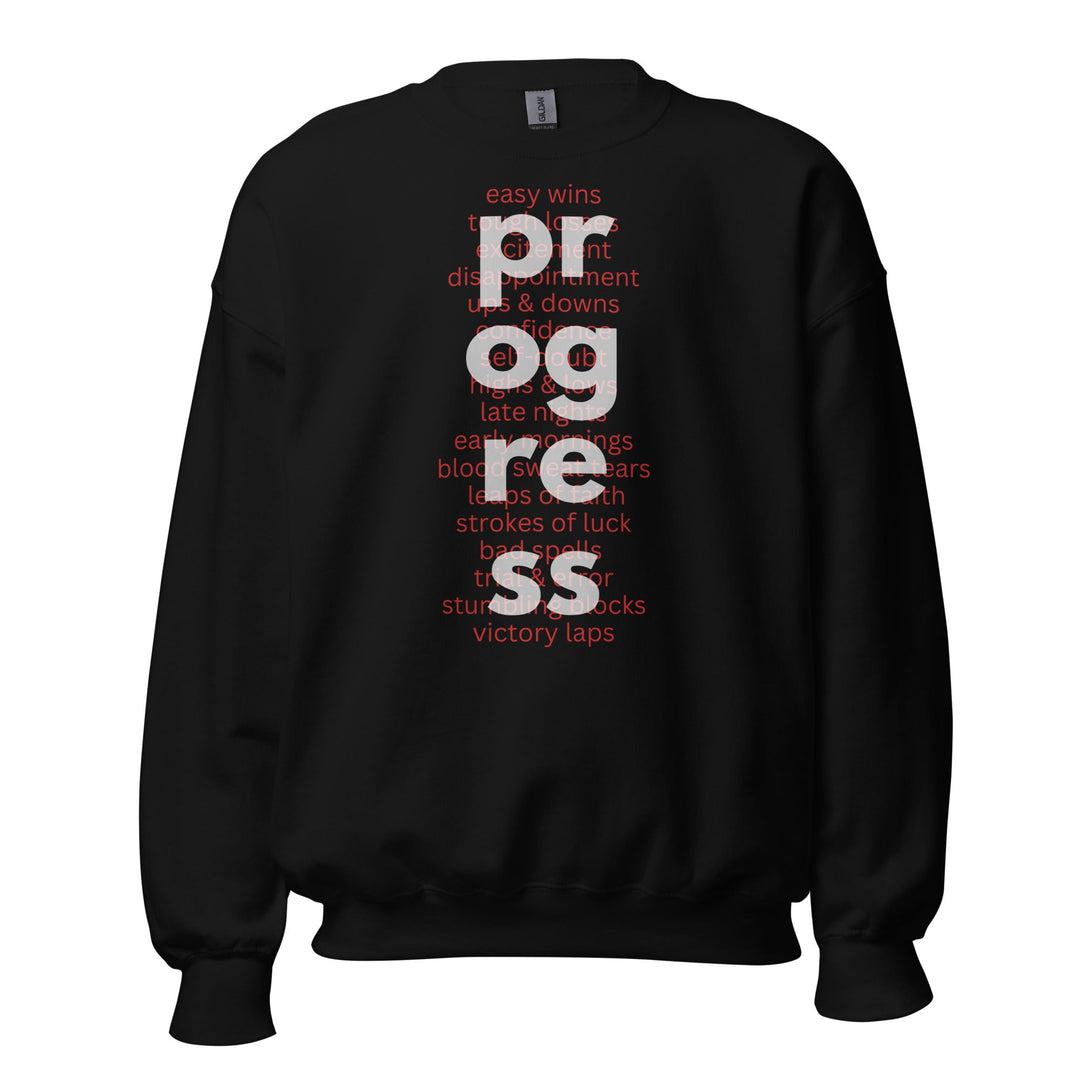
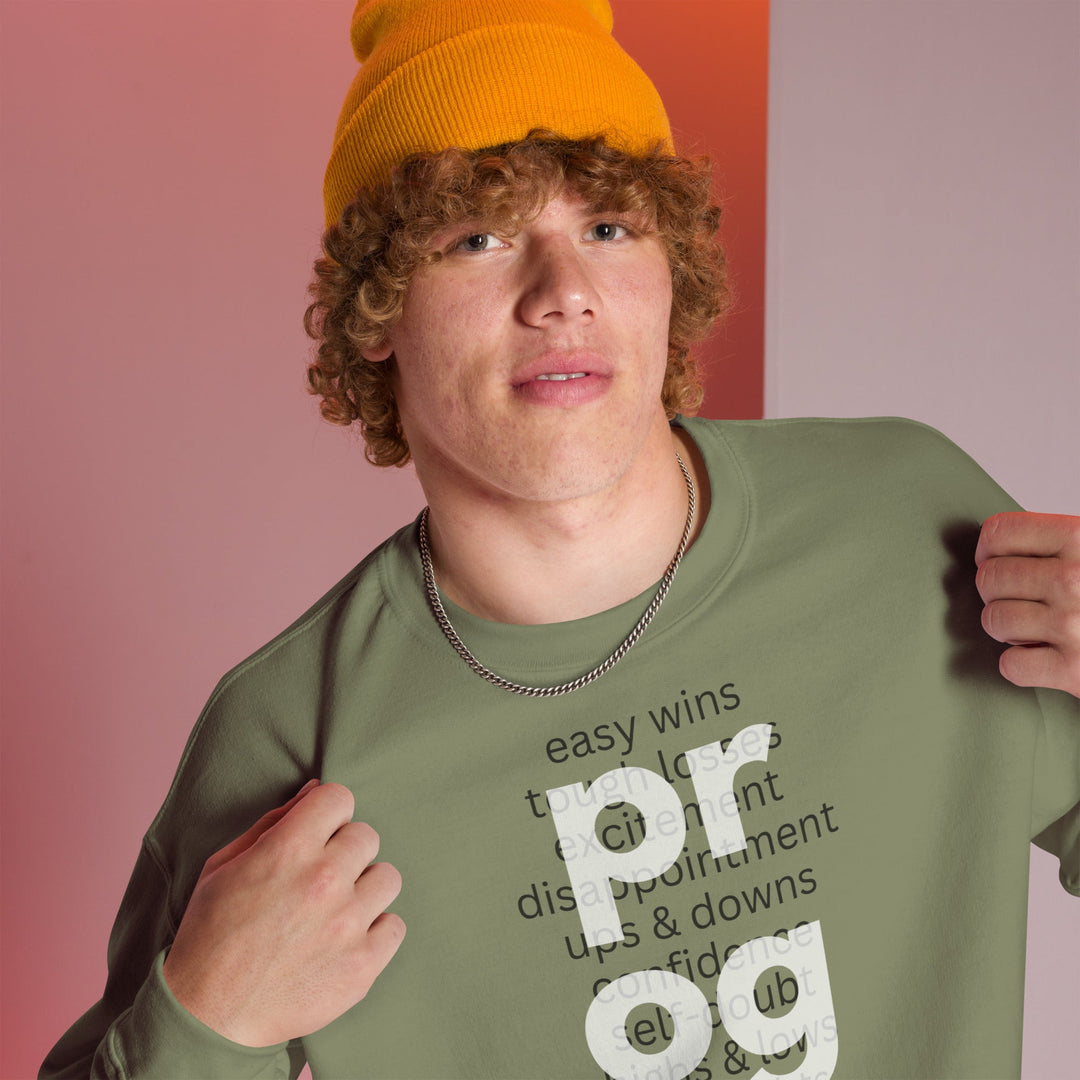
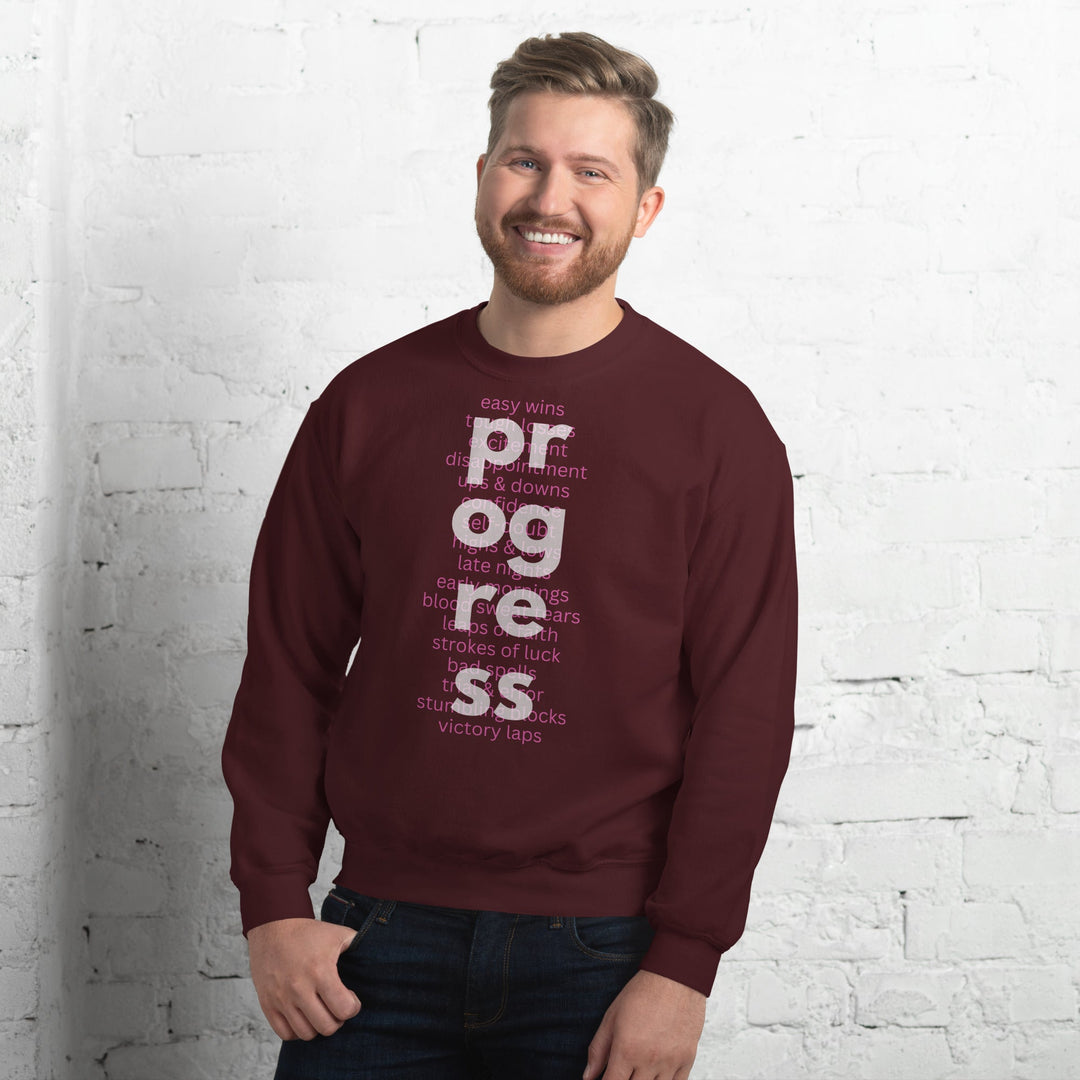
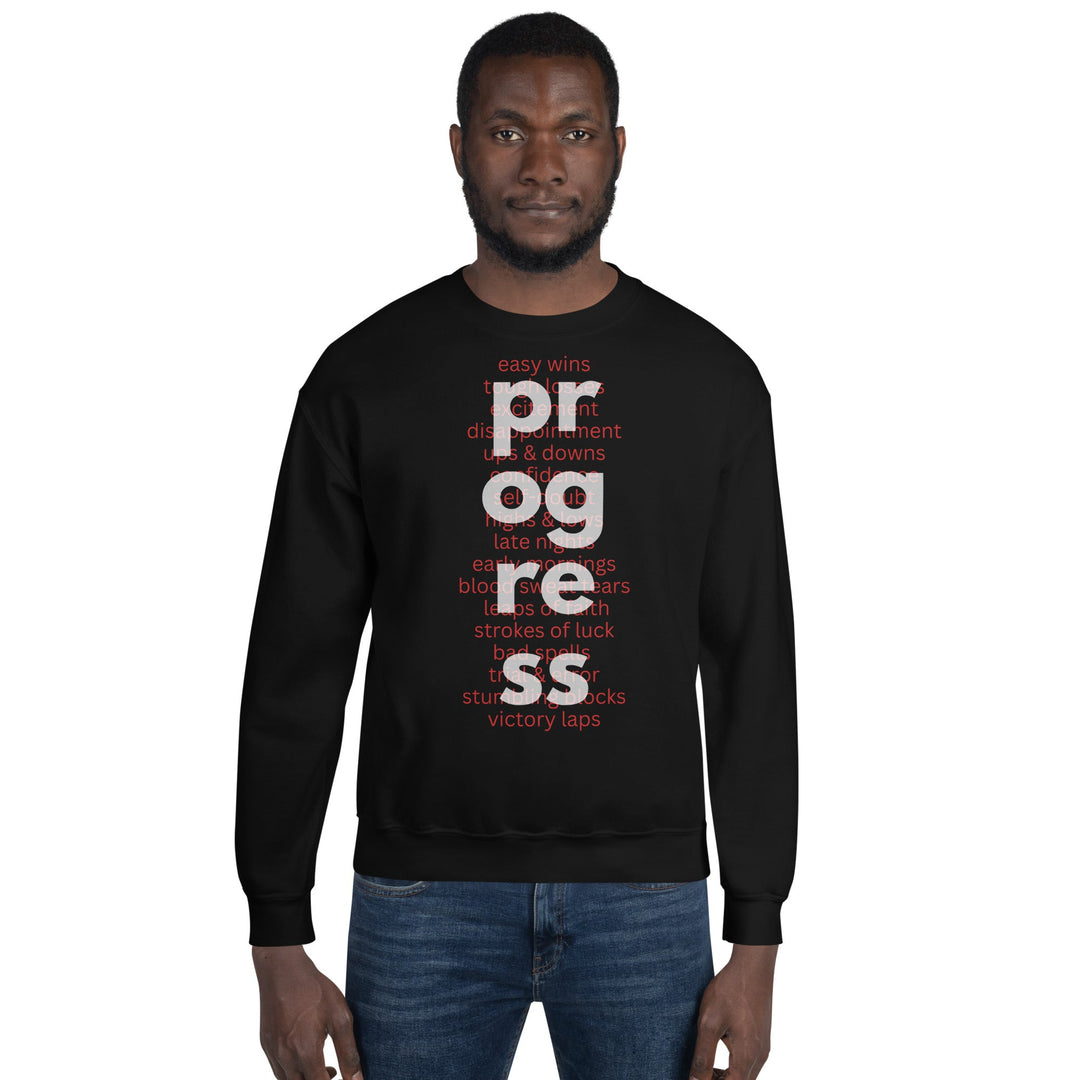
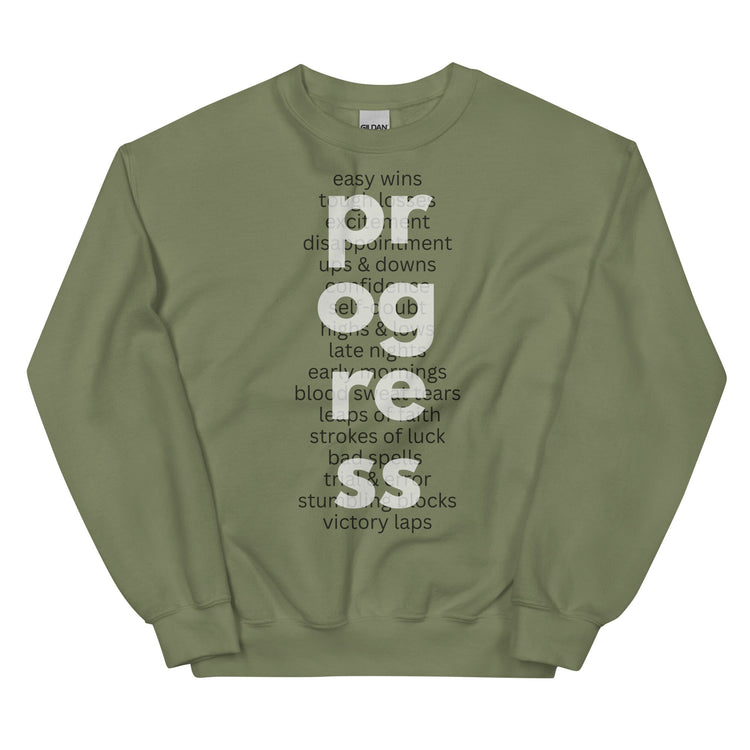
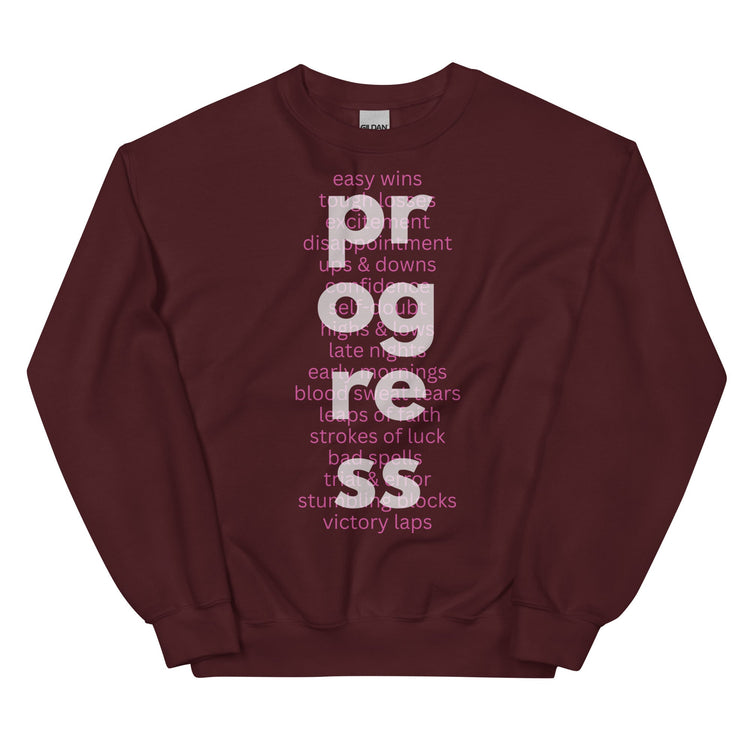
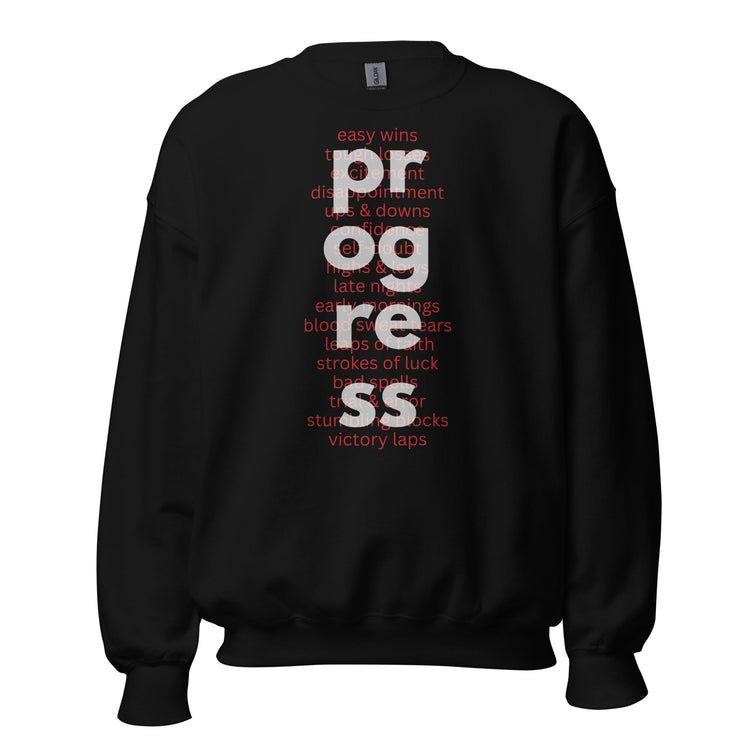
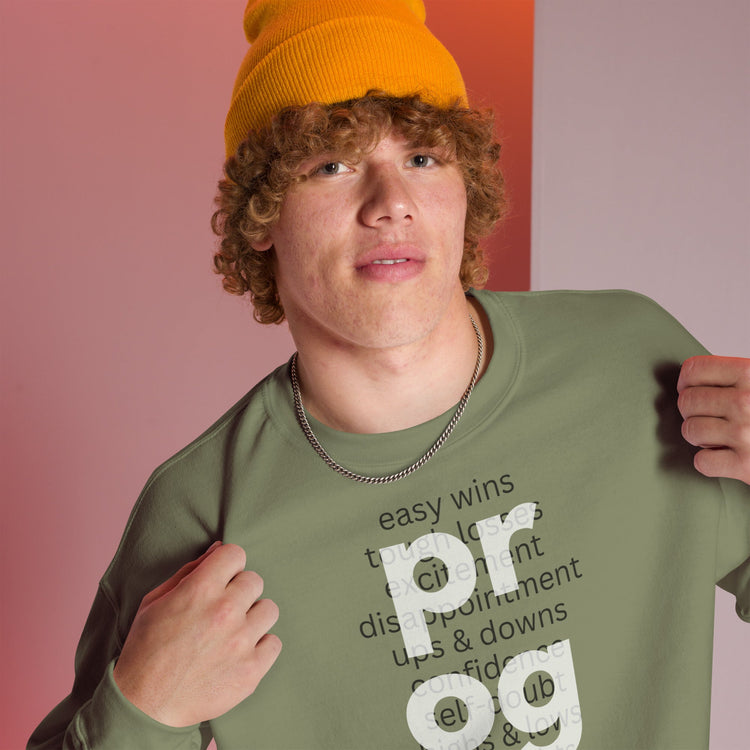
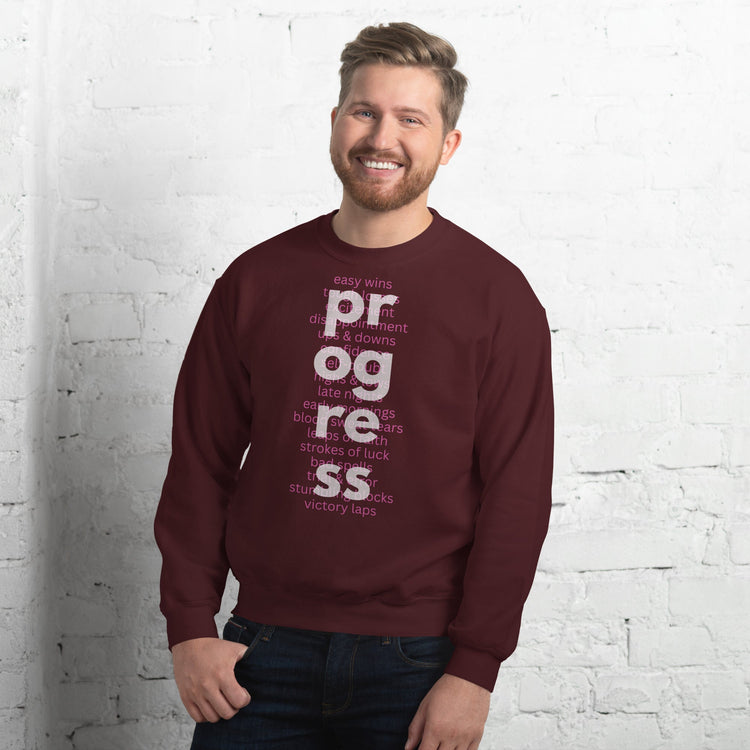
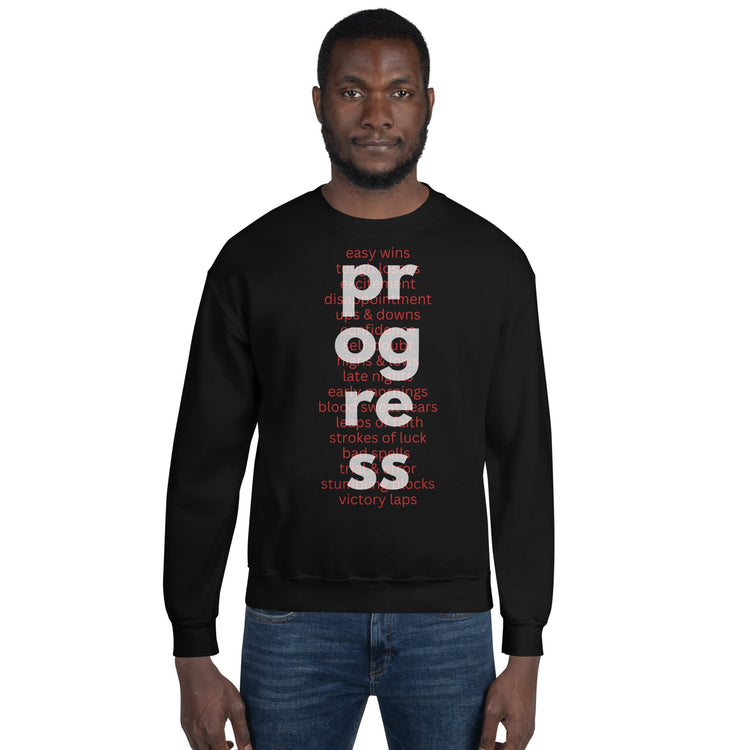
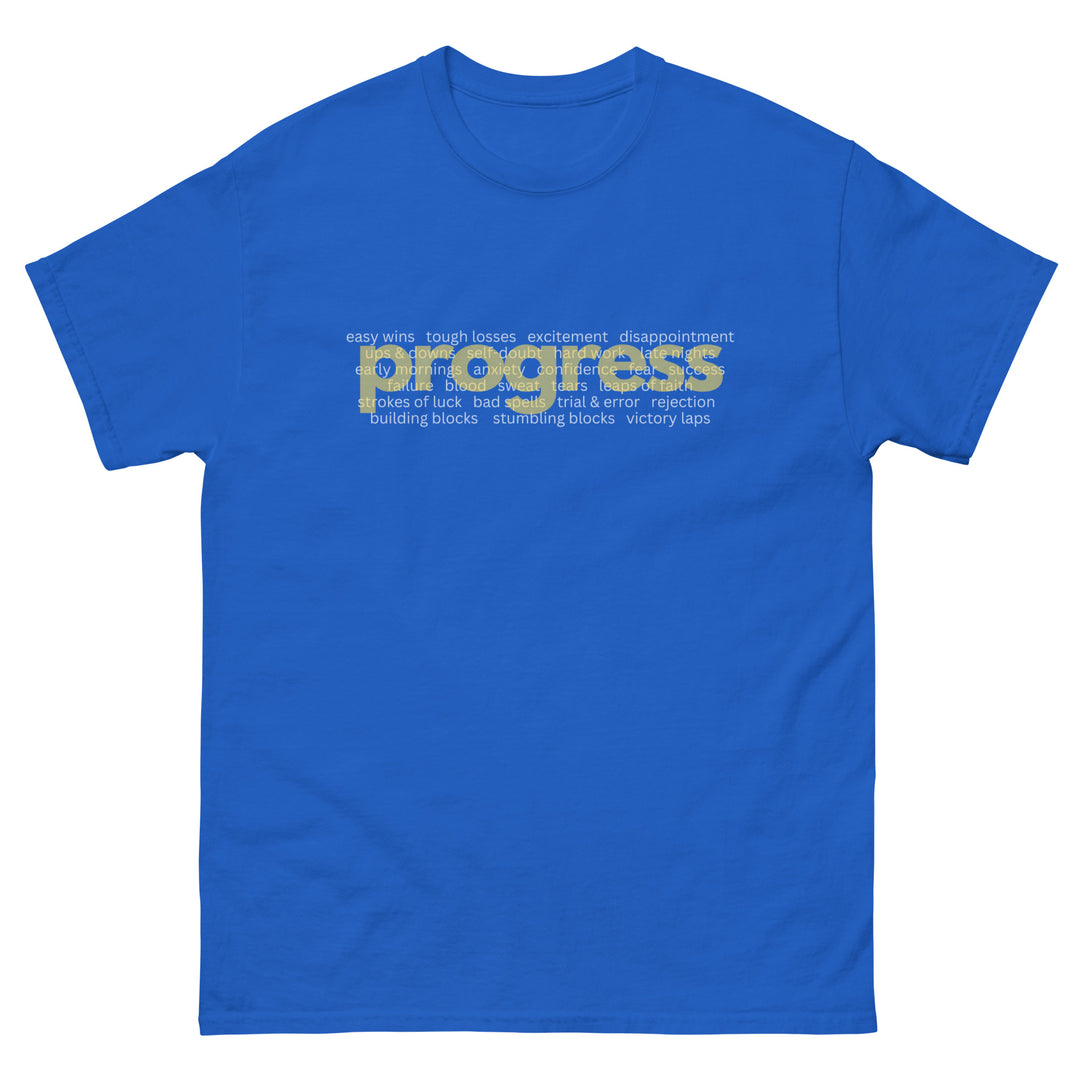
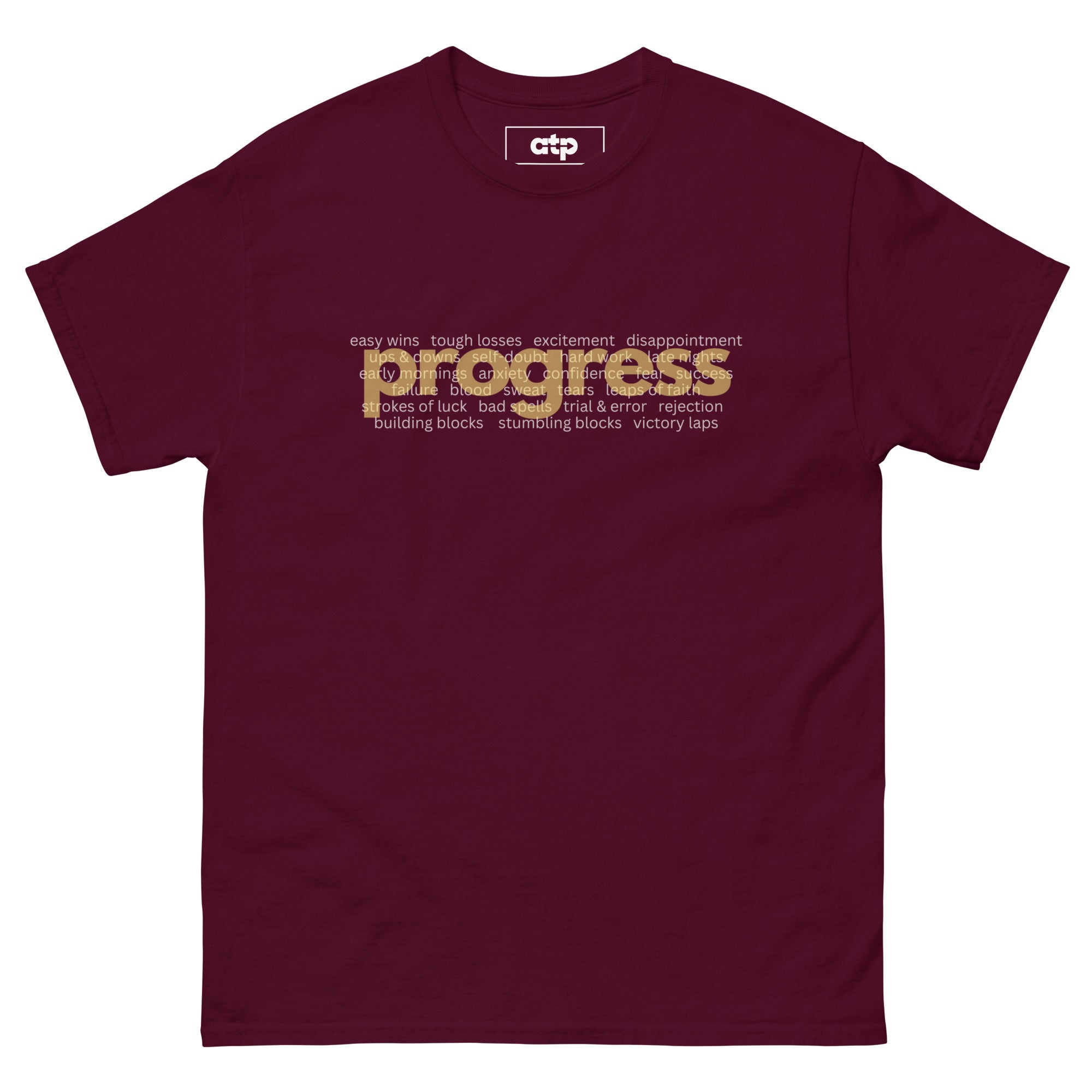
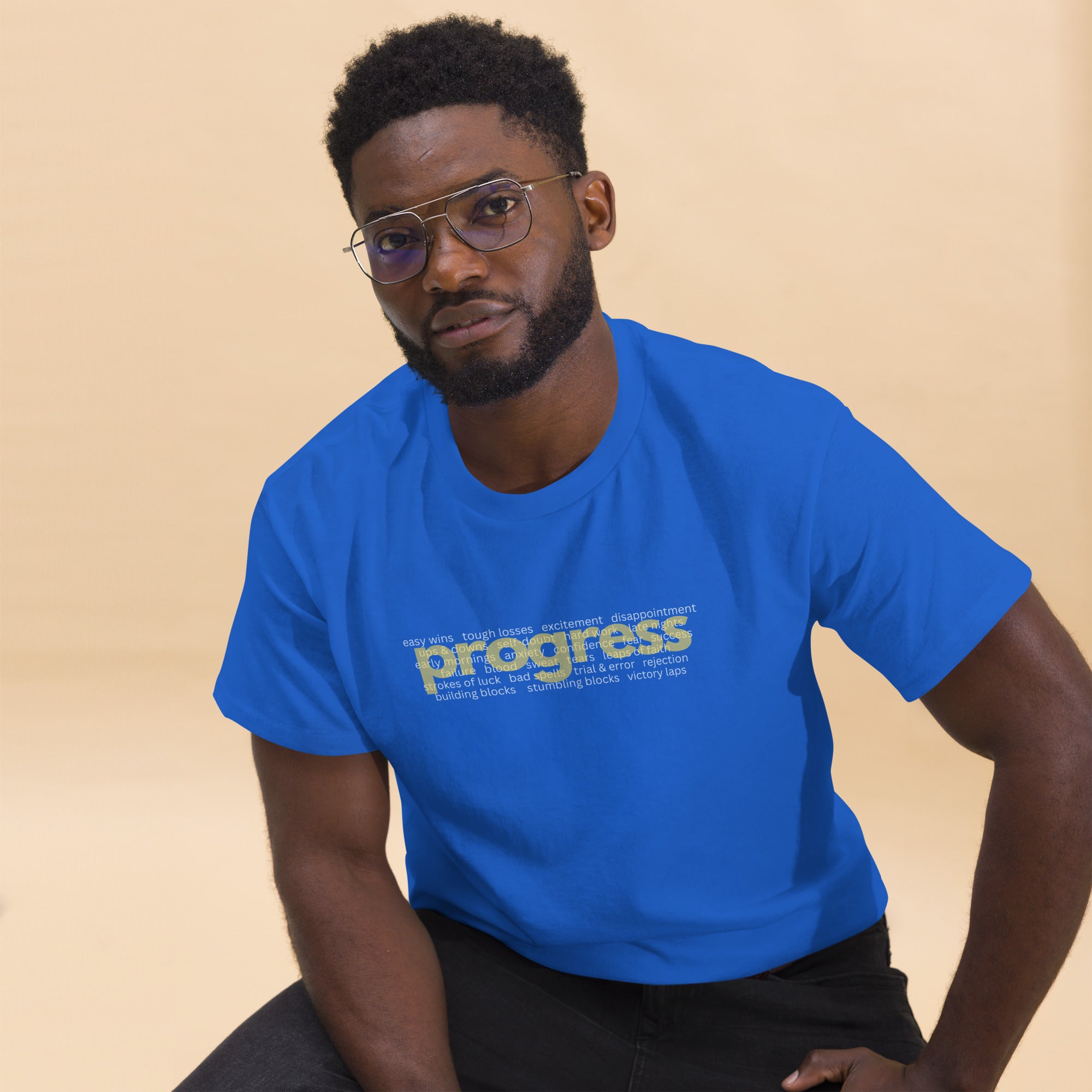
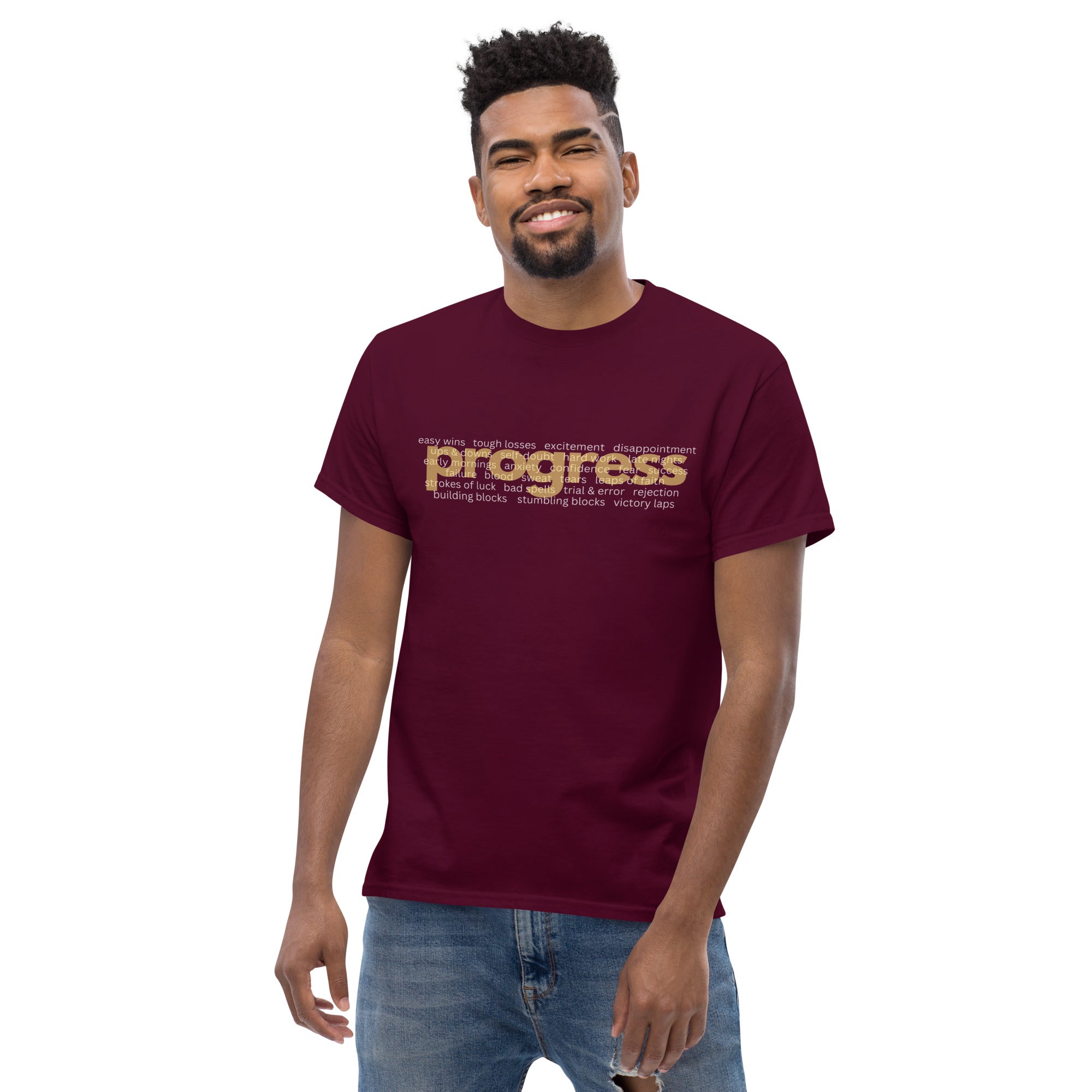
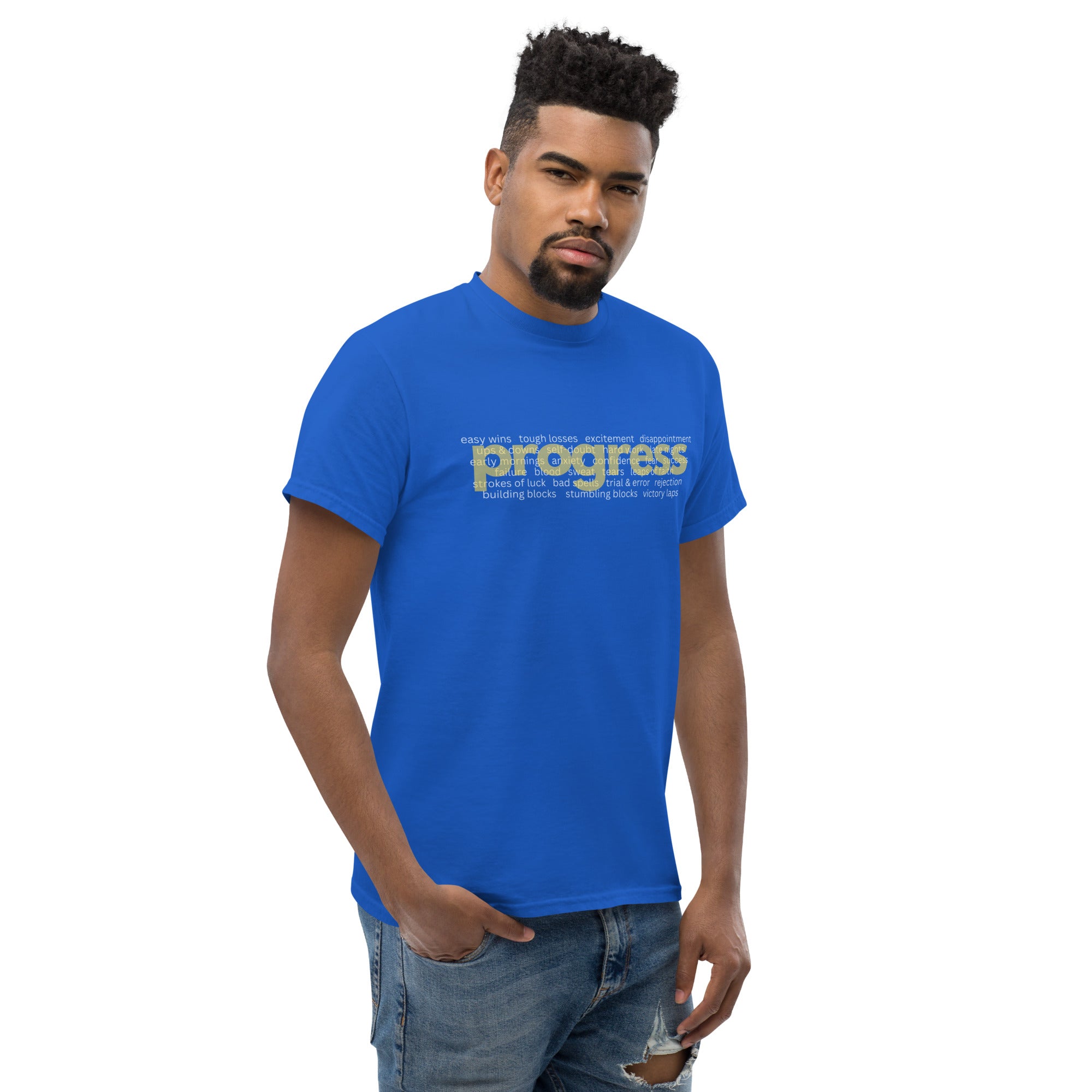
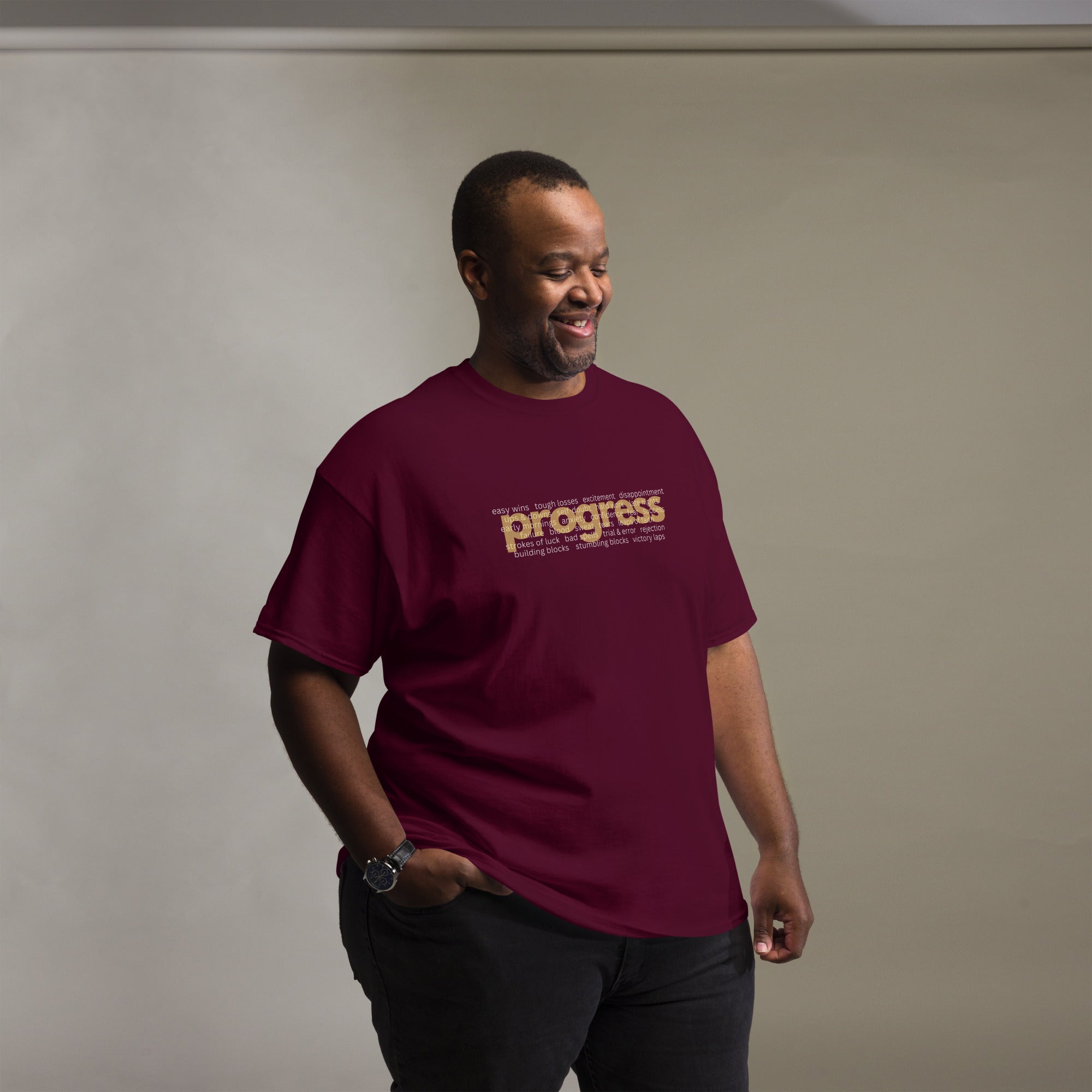
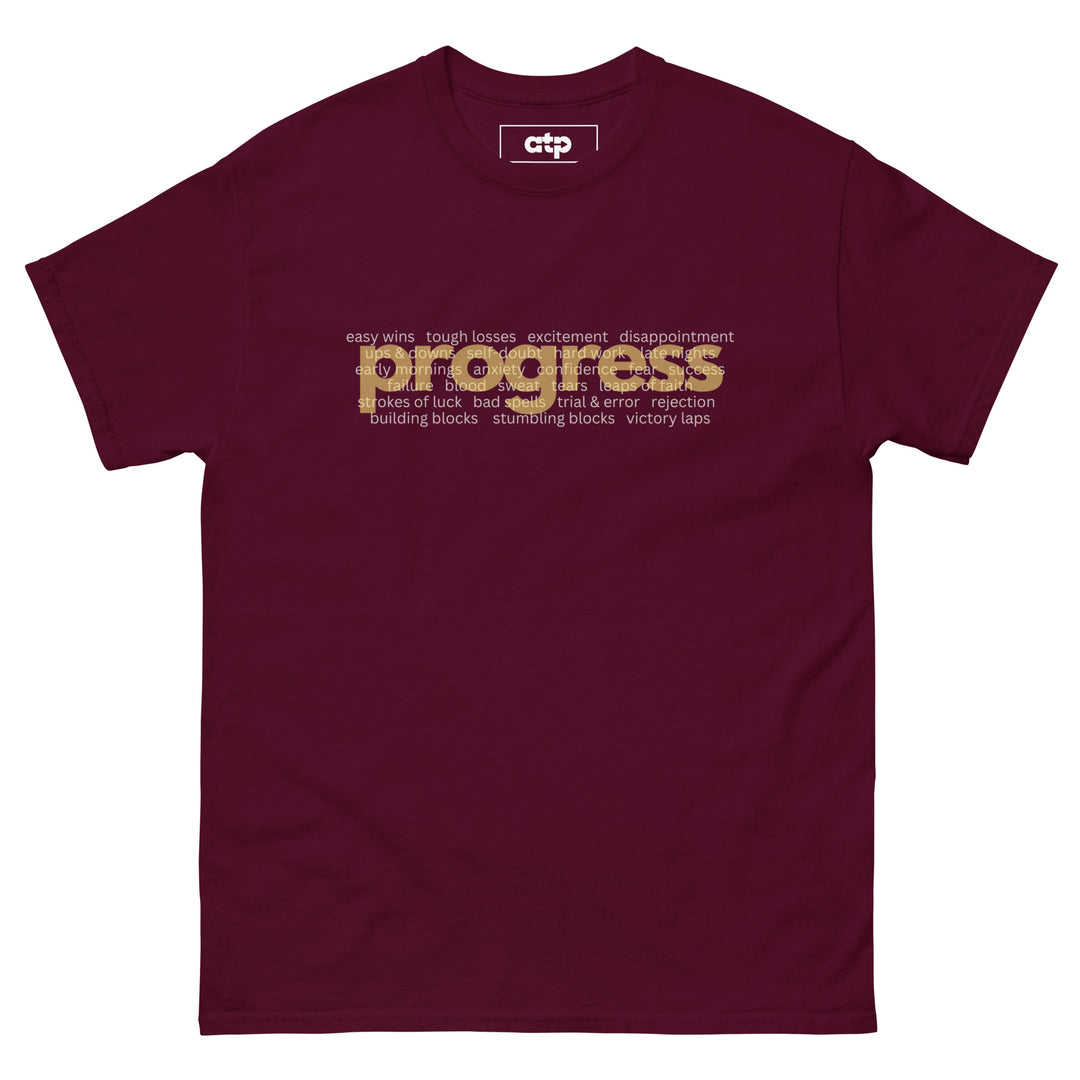
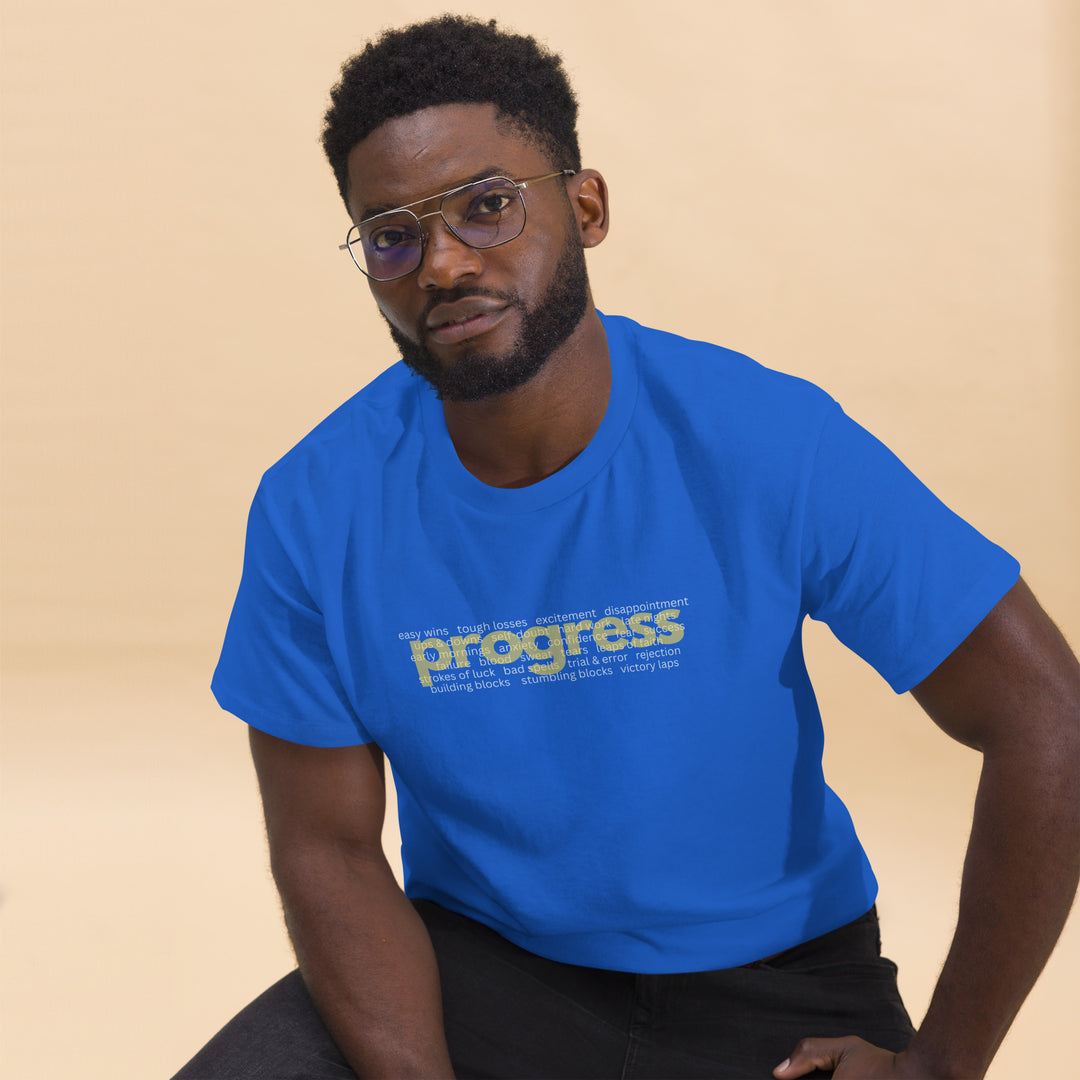
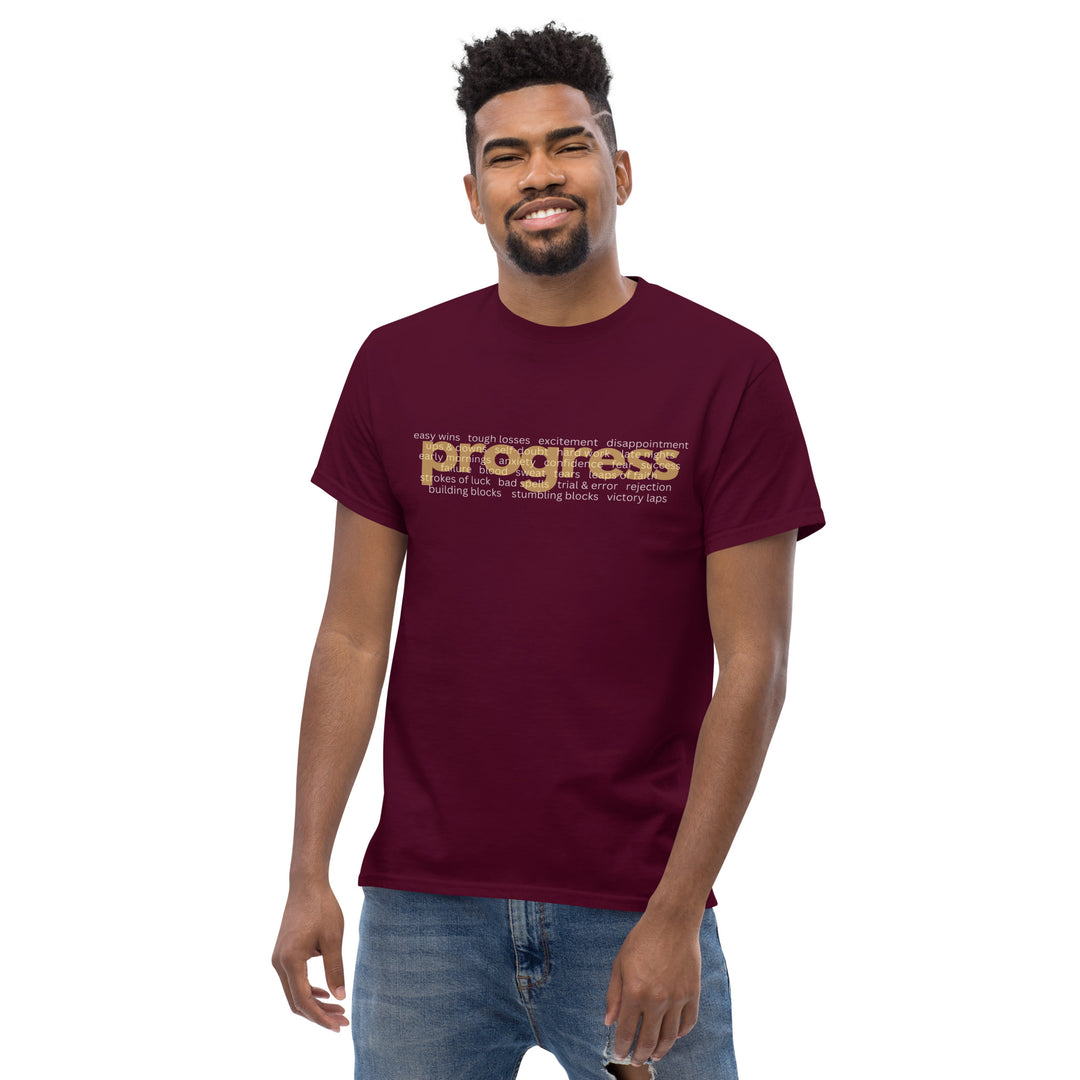
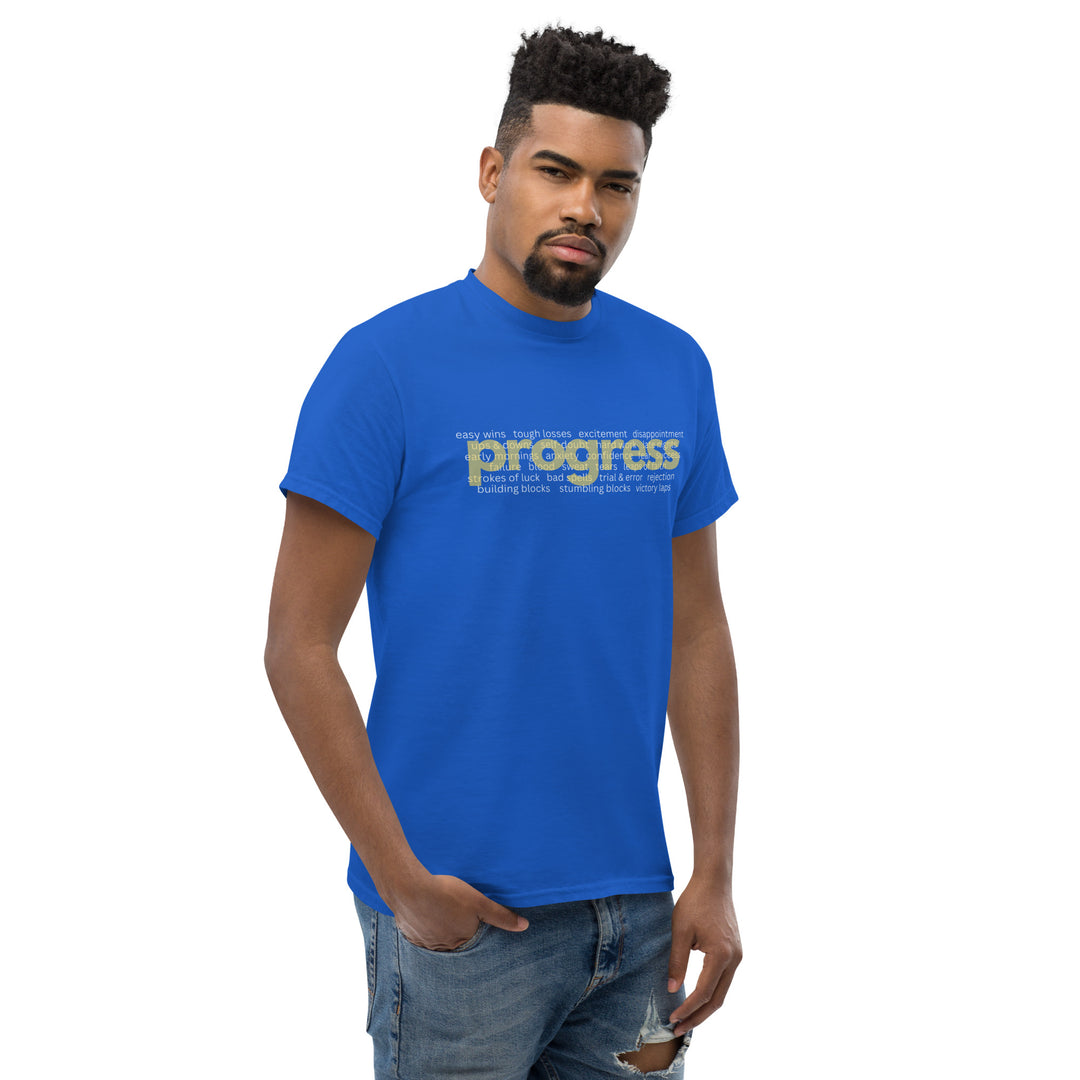
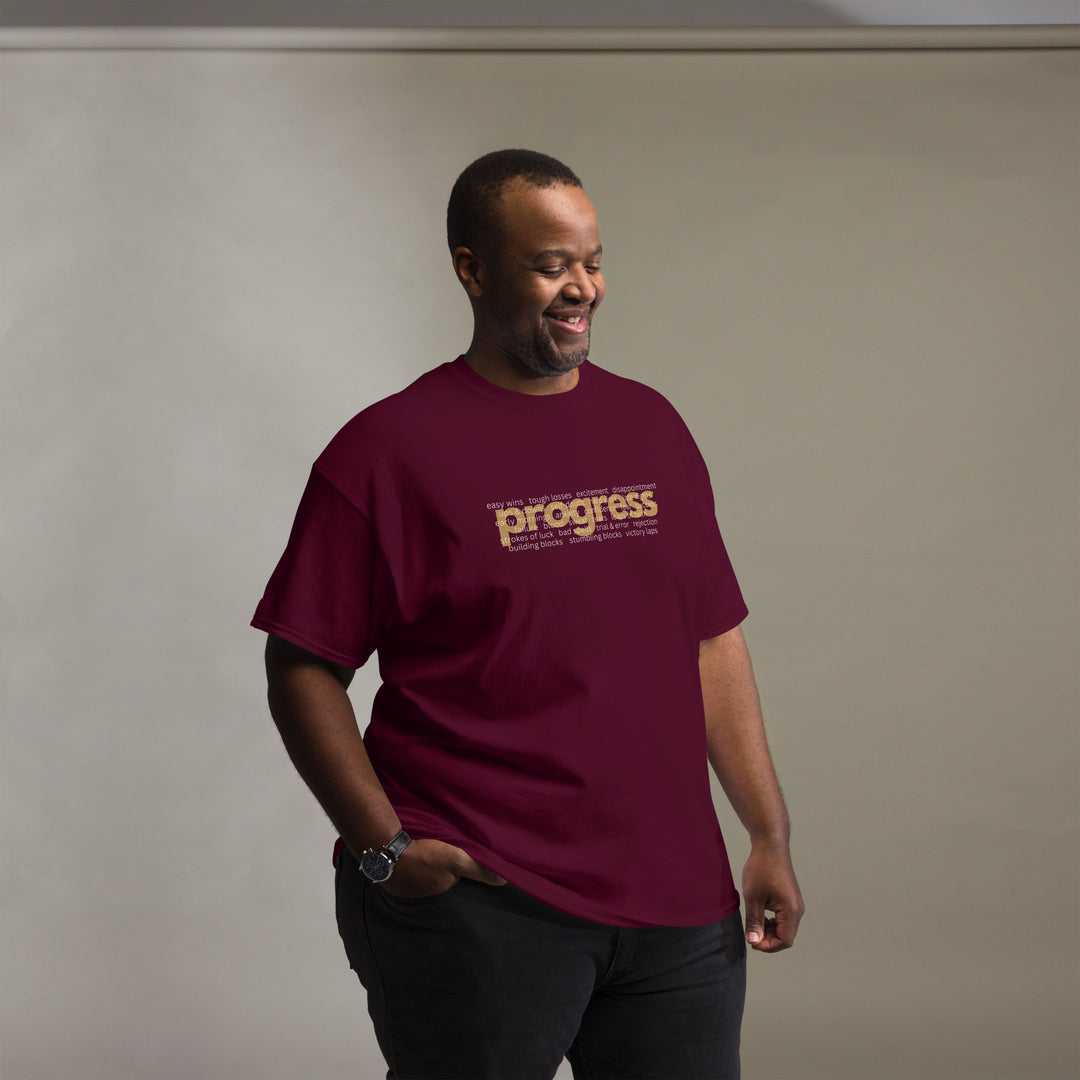
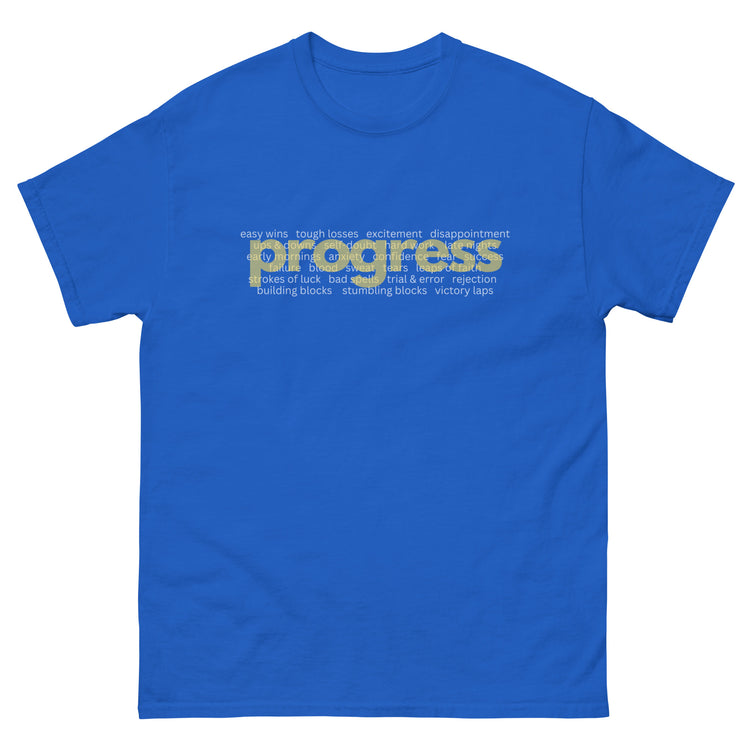
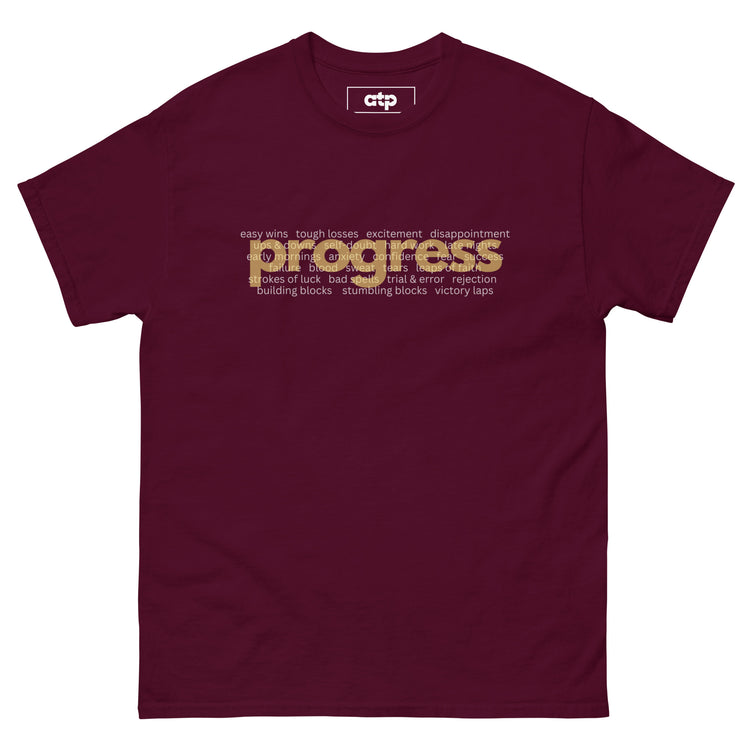
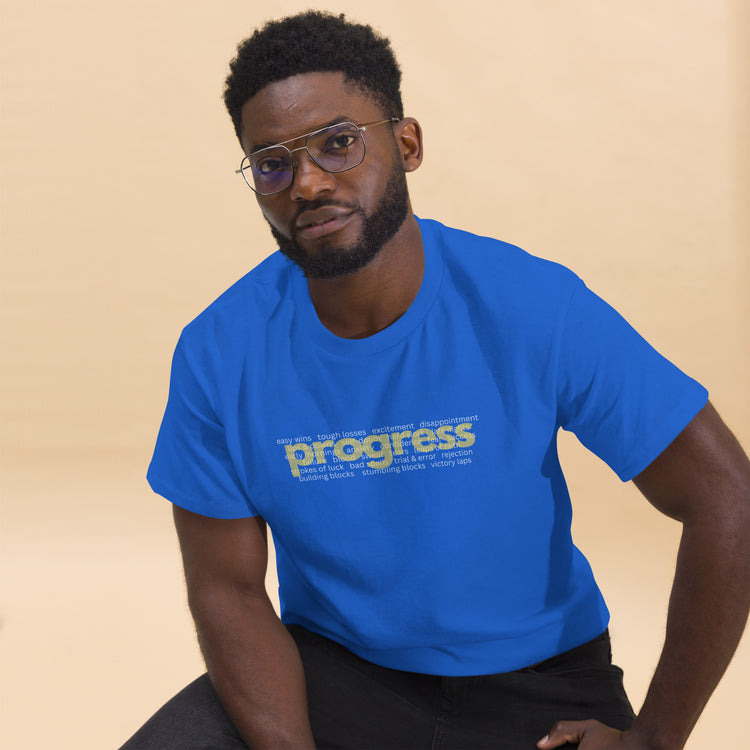
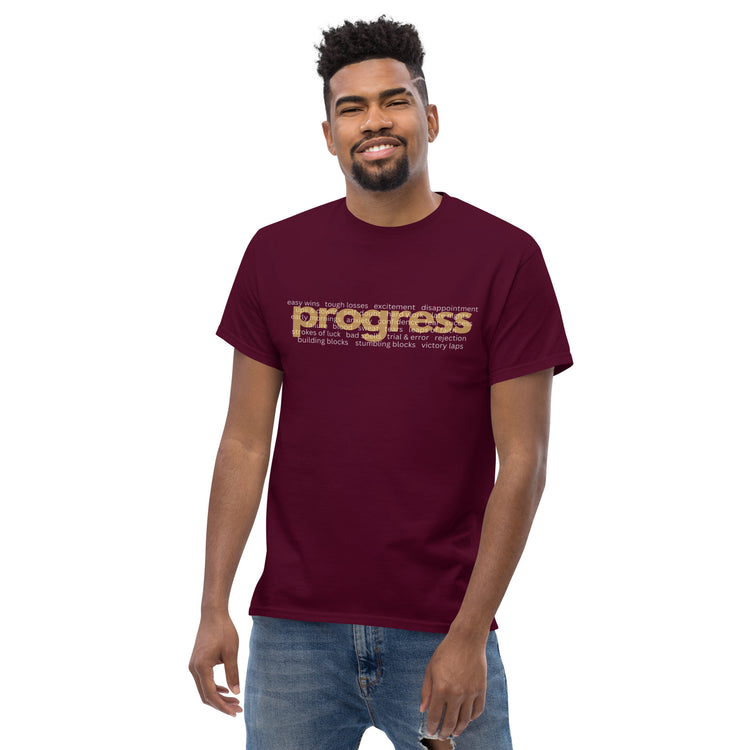
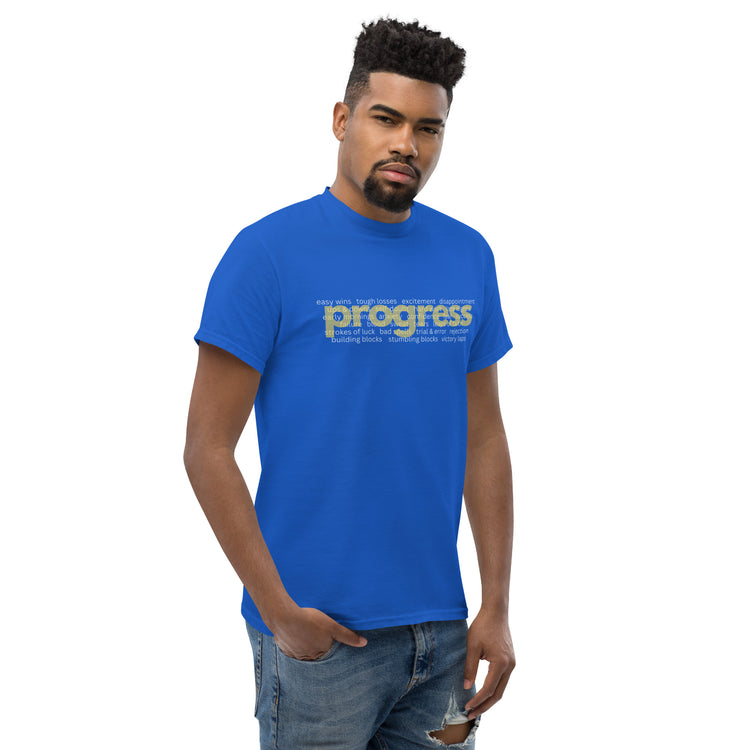
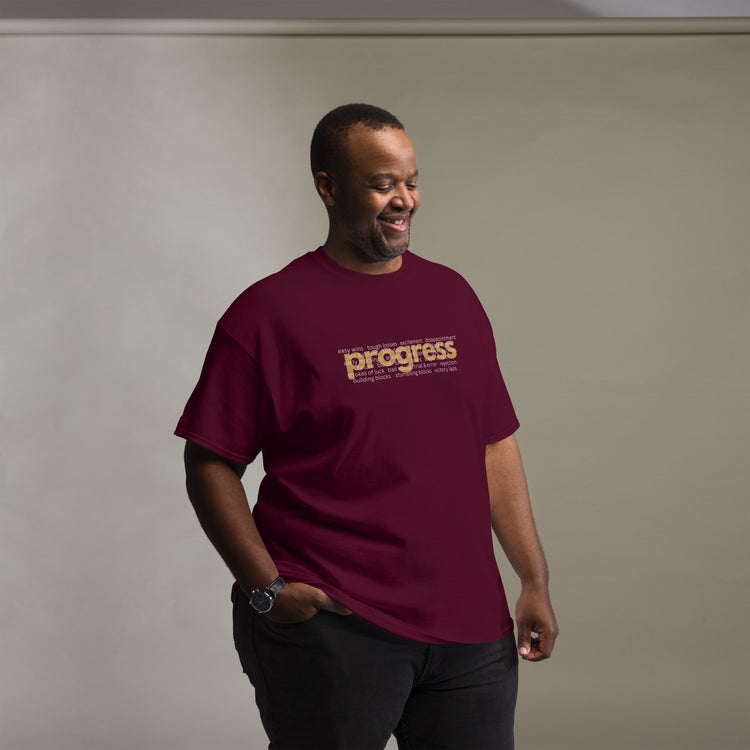

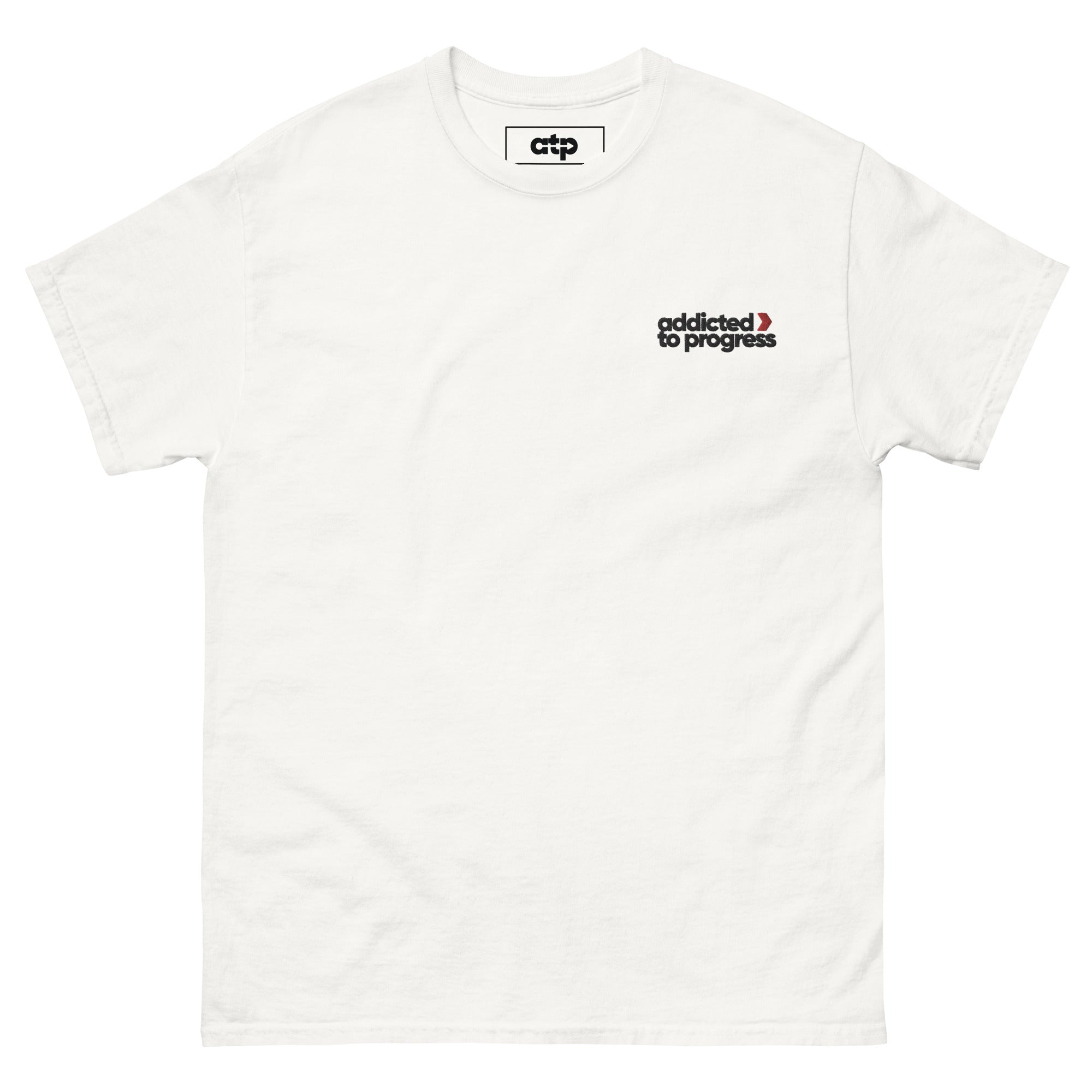
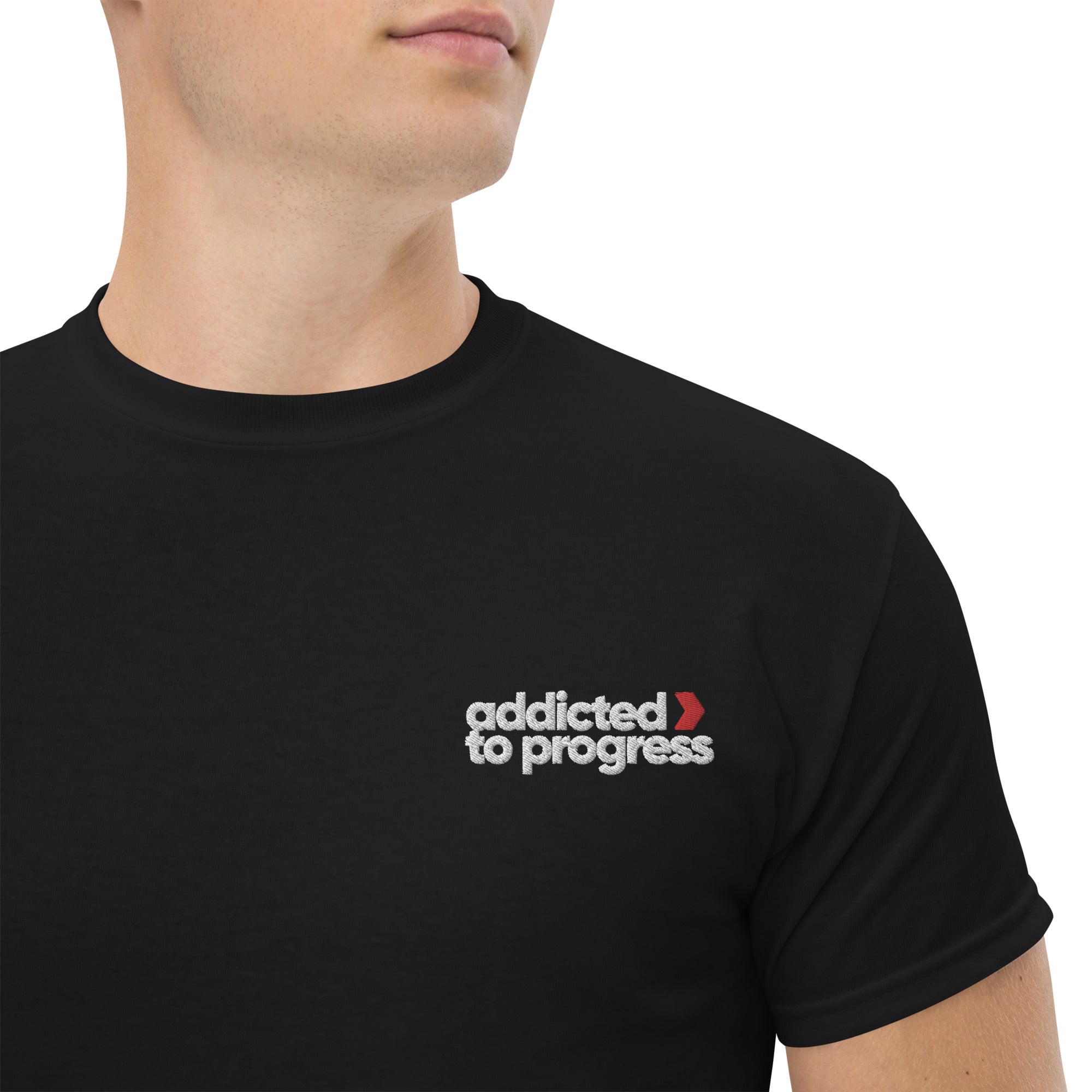
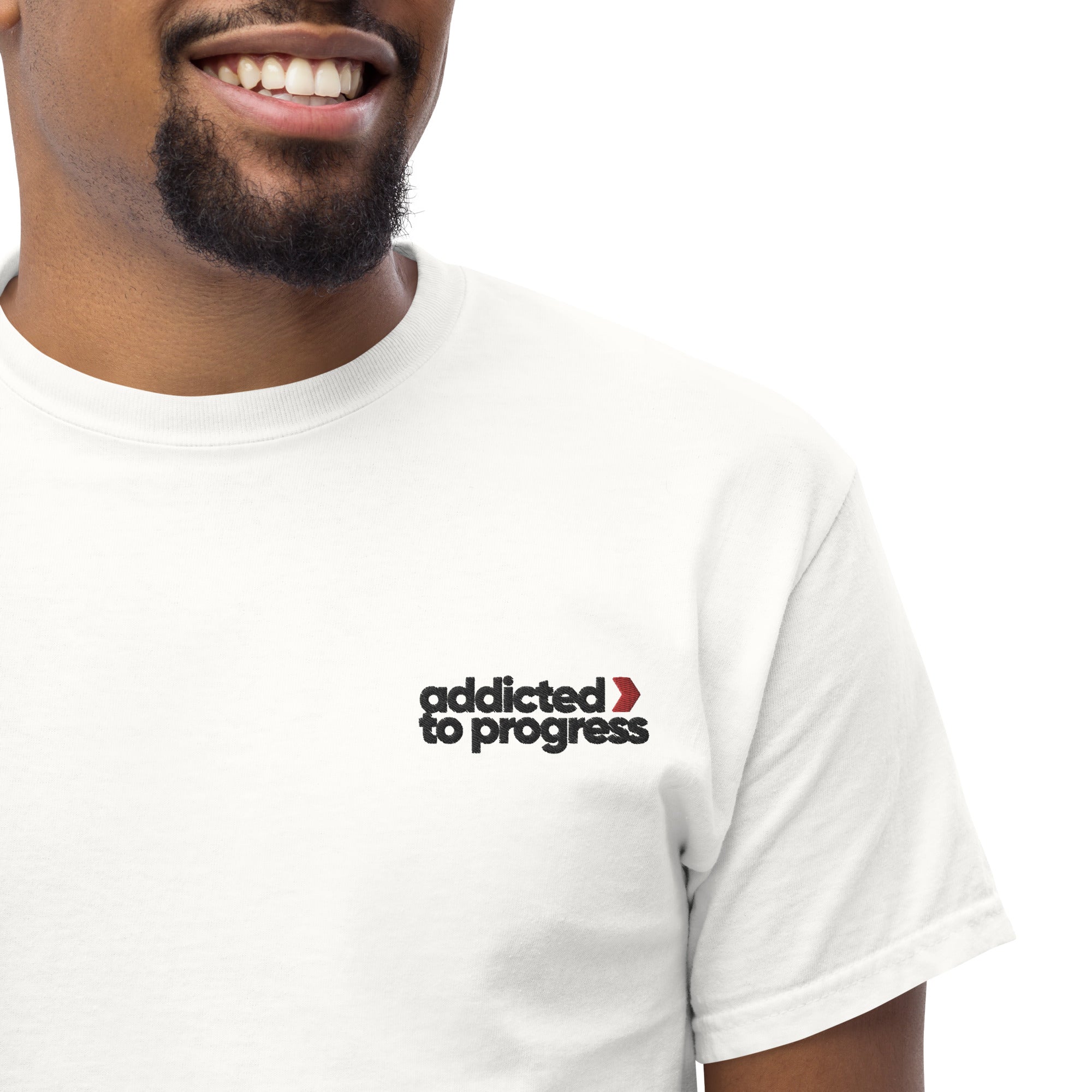
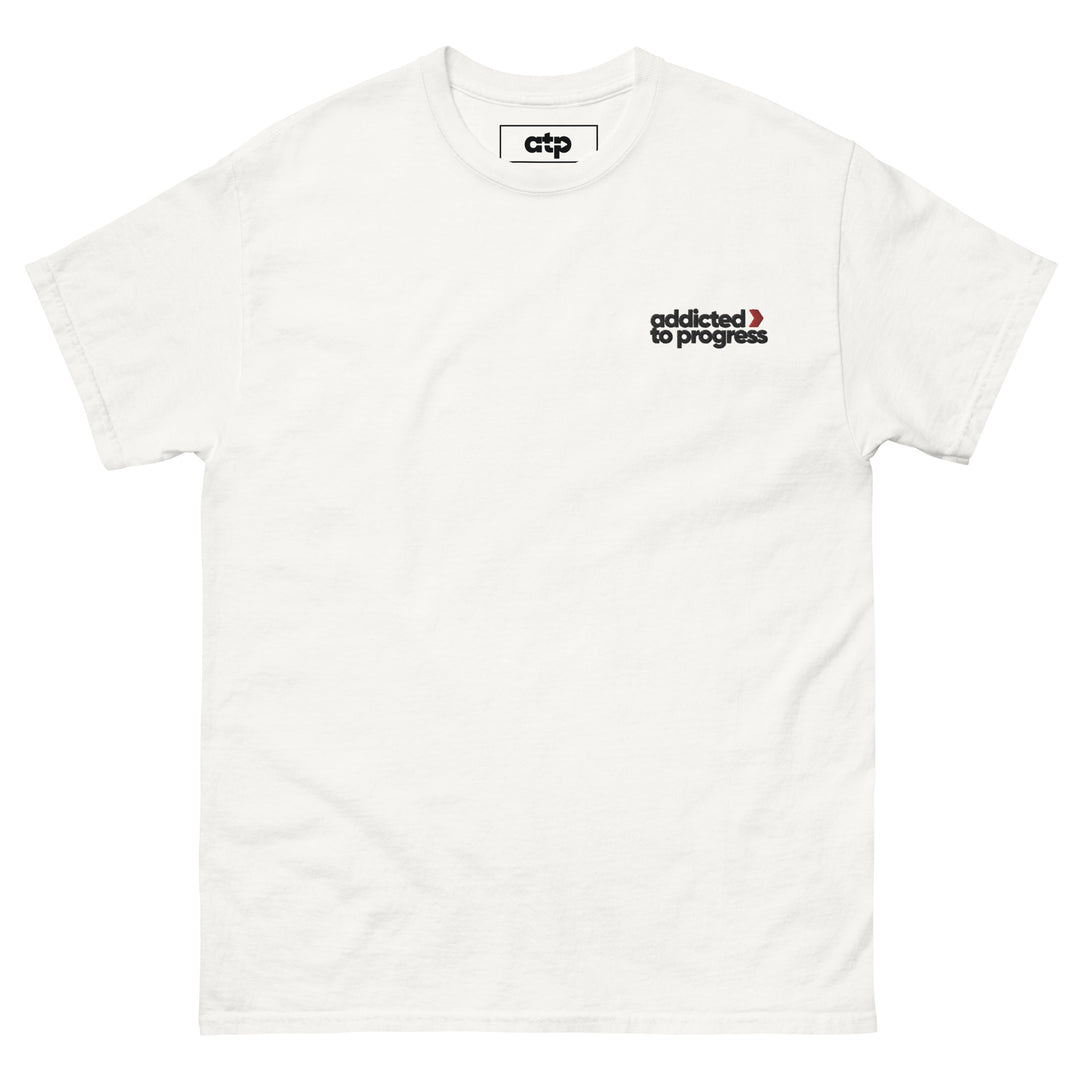
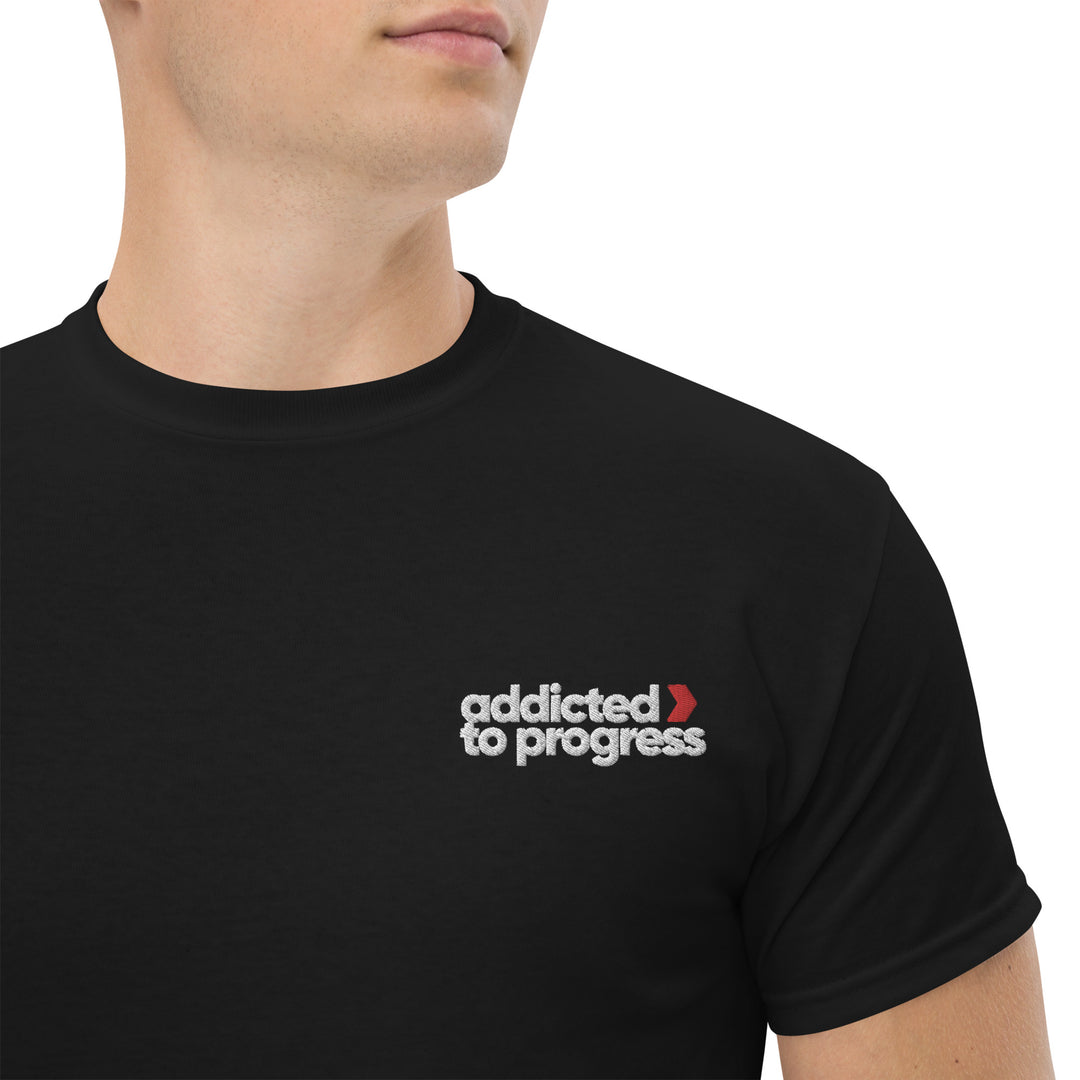
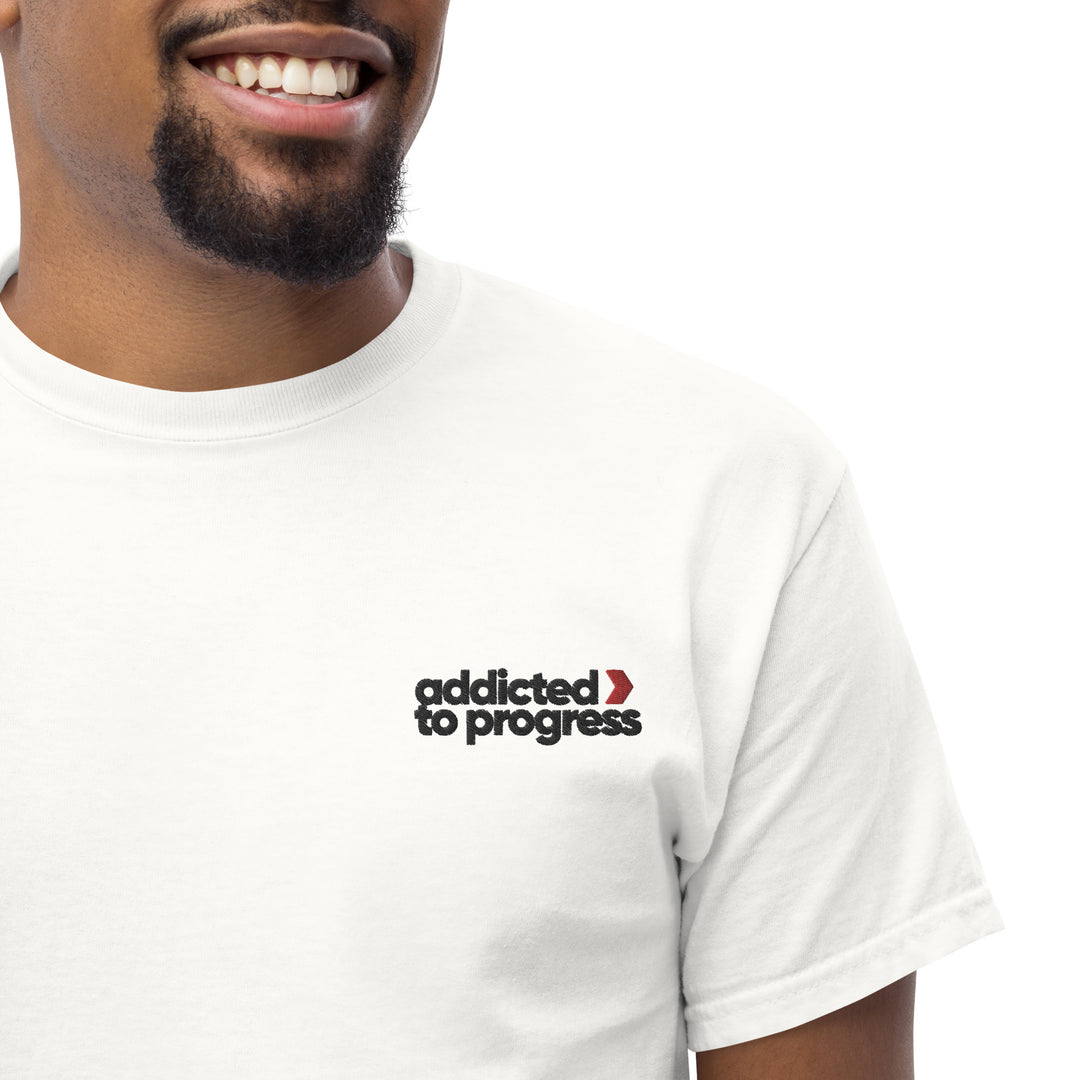

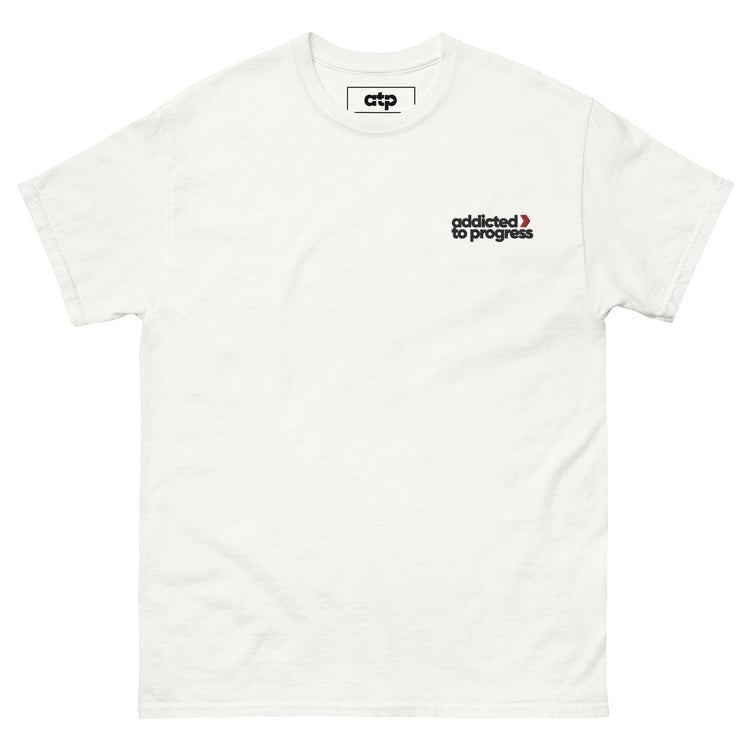
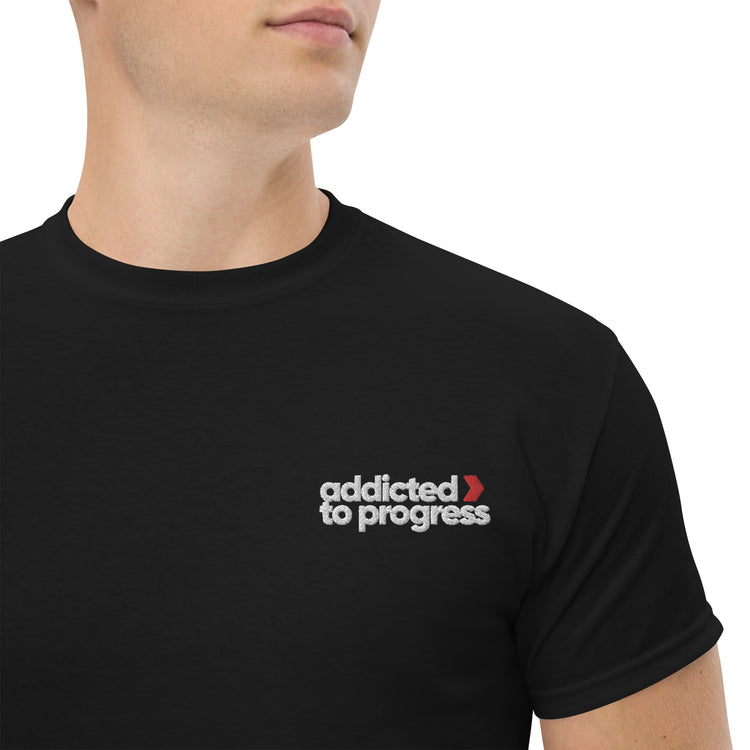
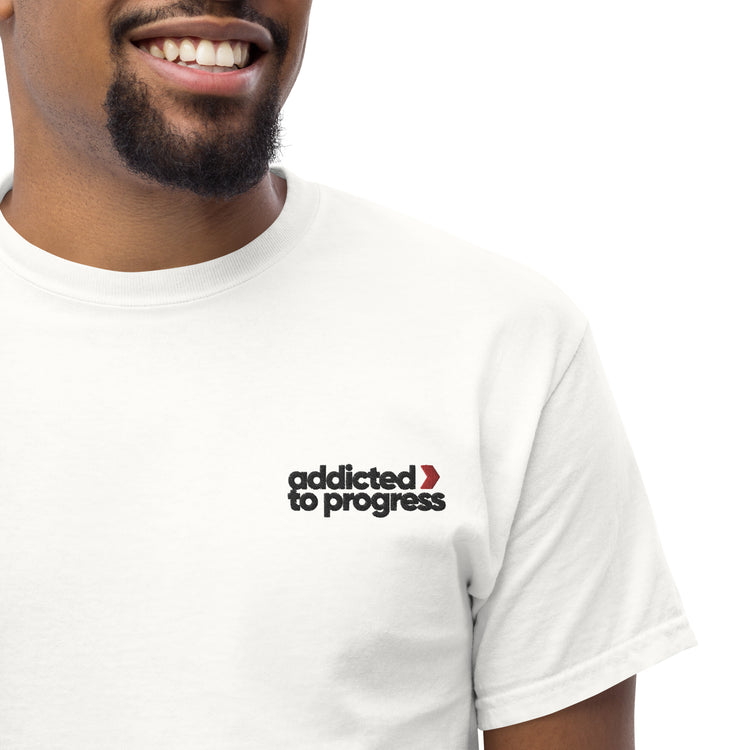
Leave a comment